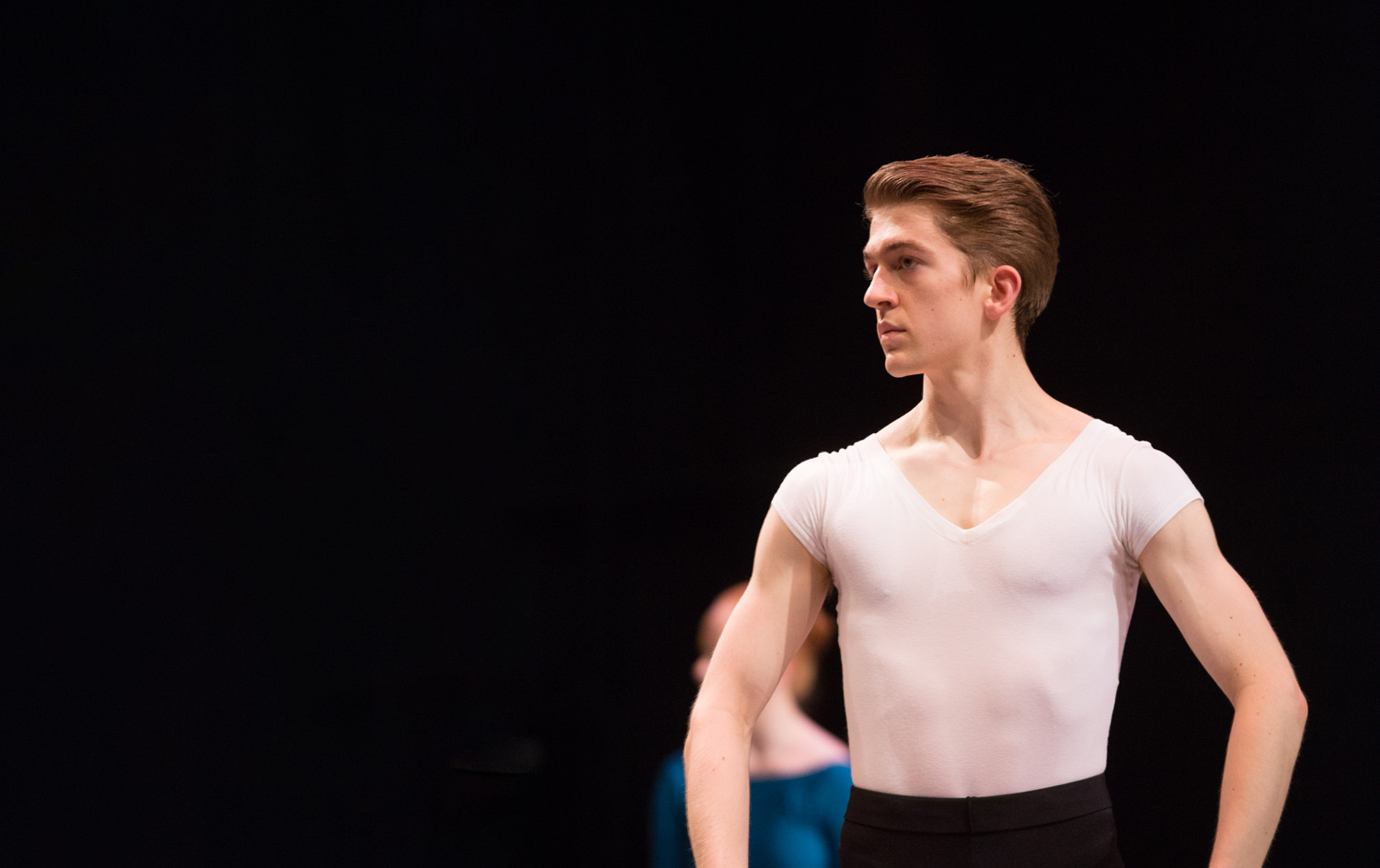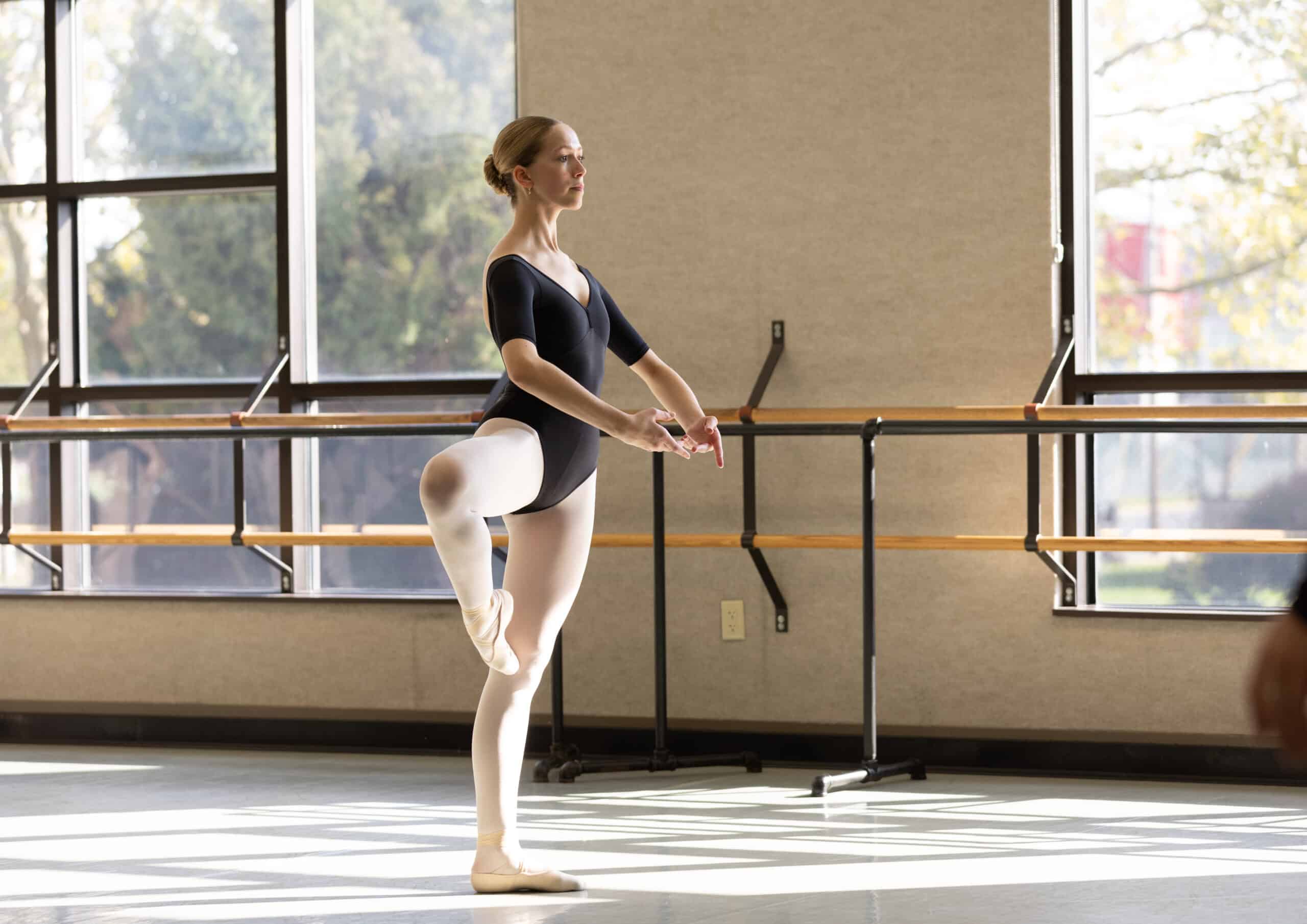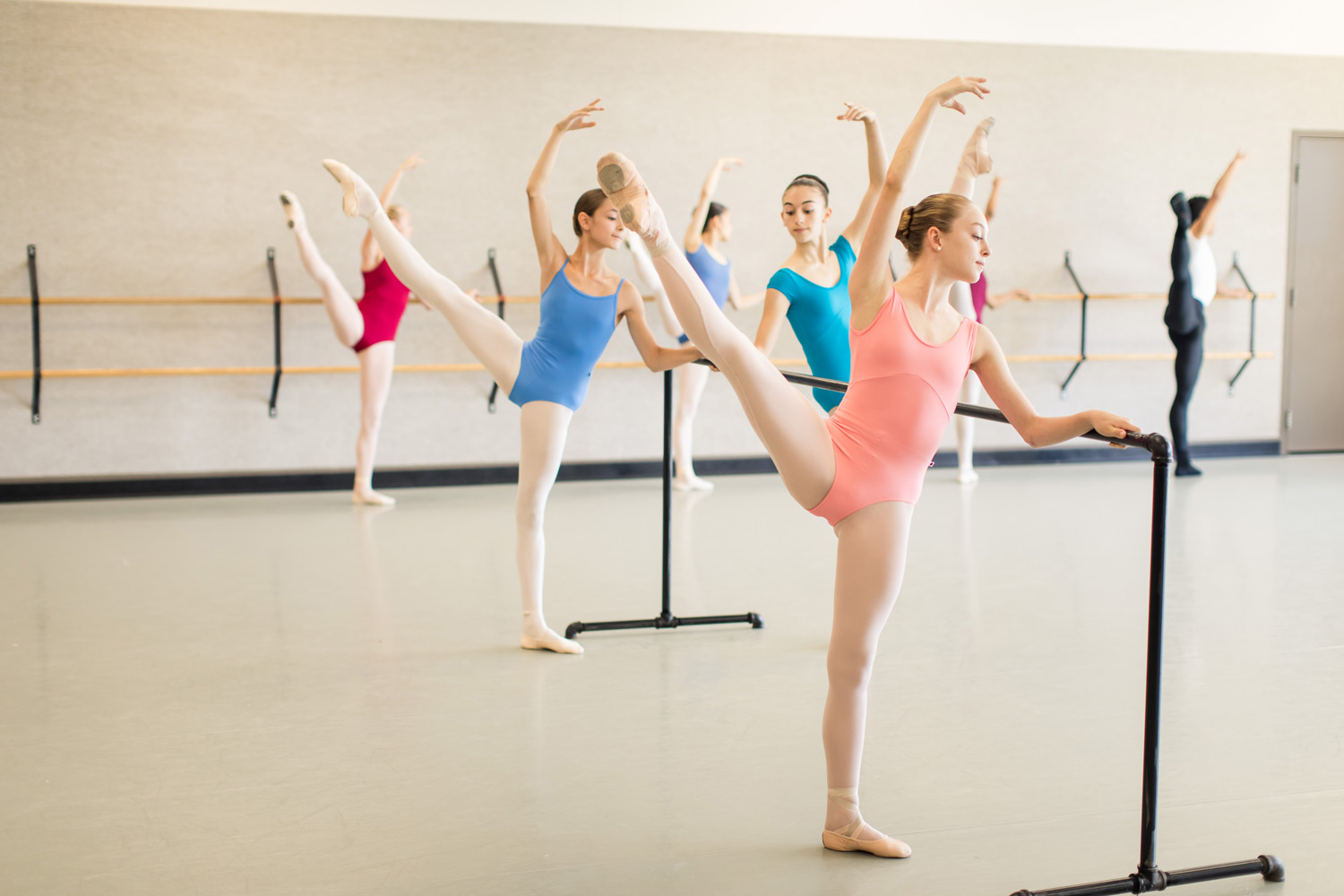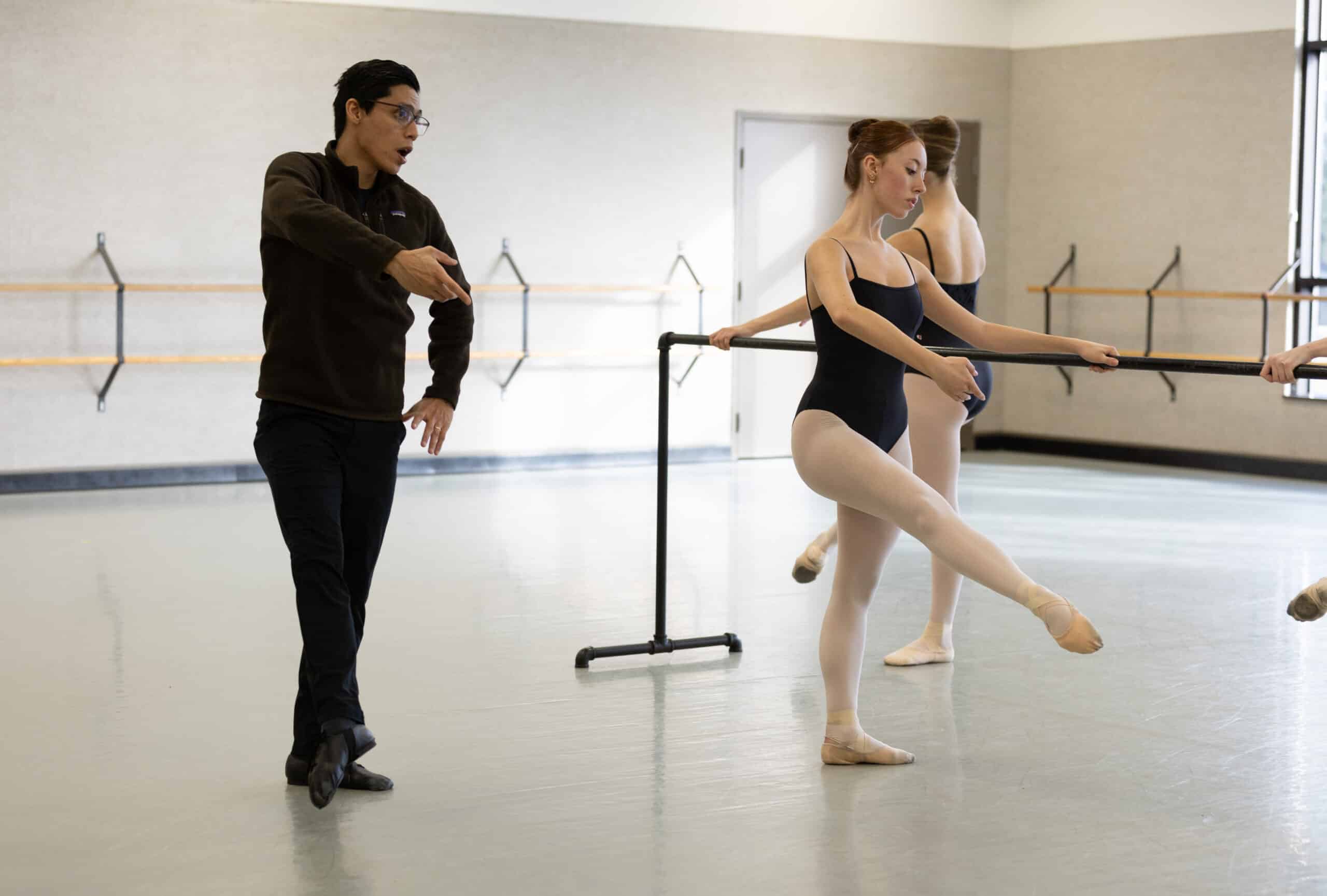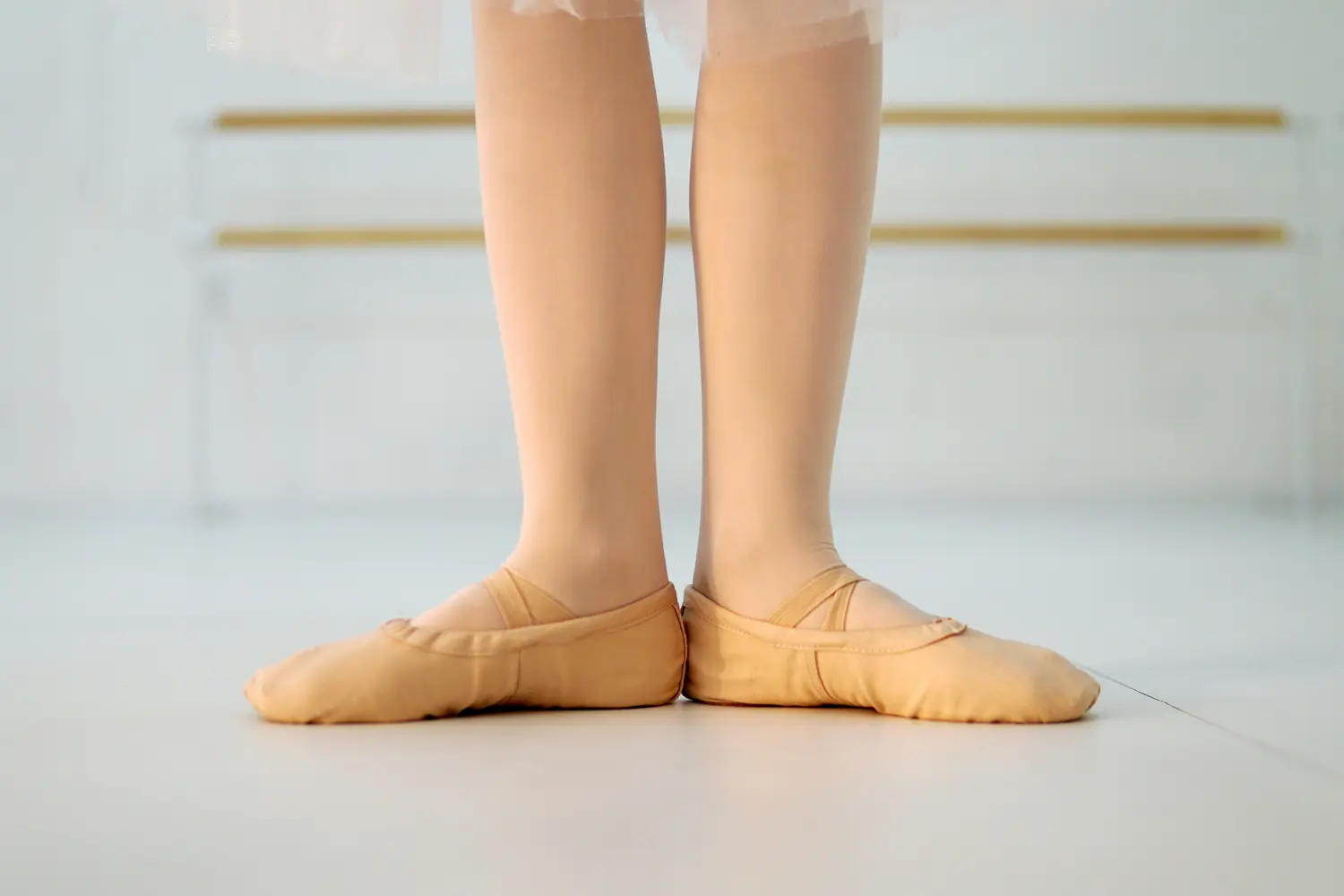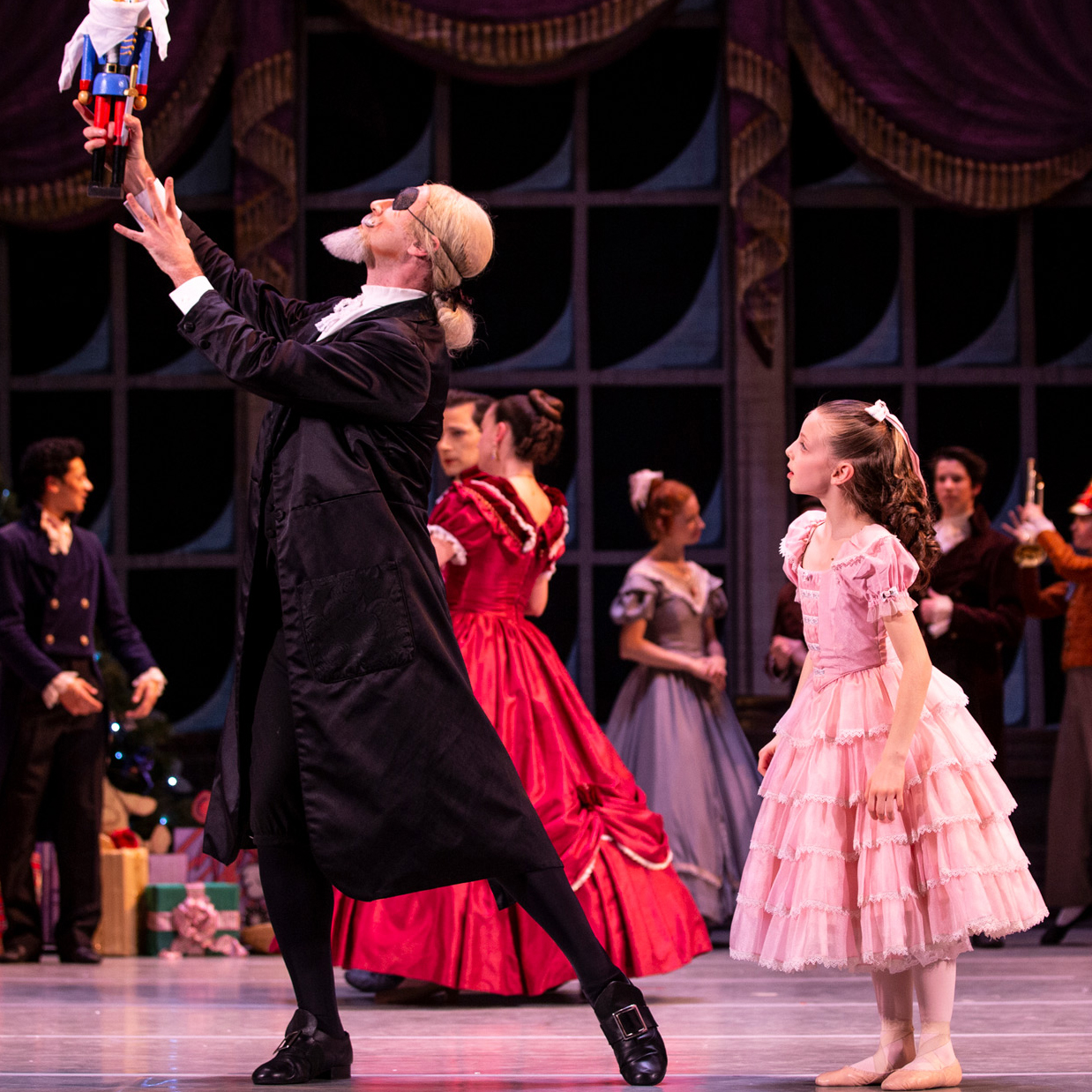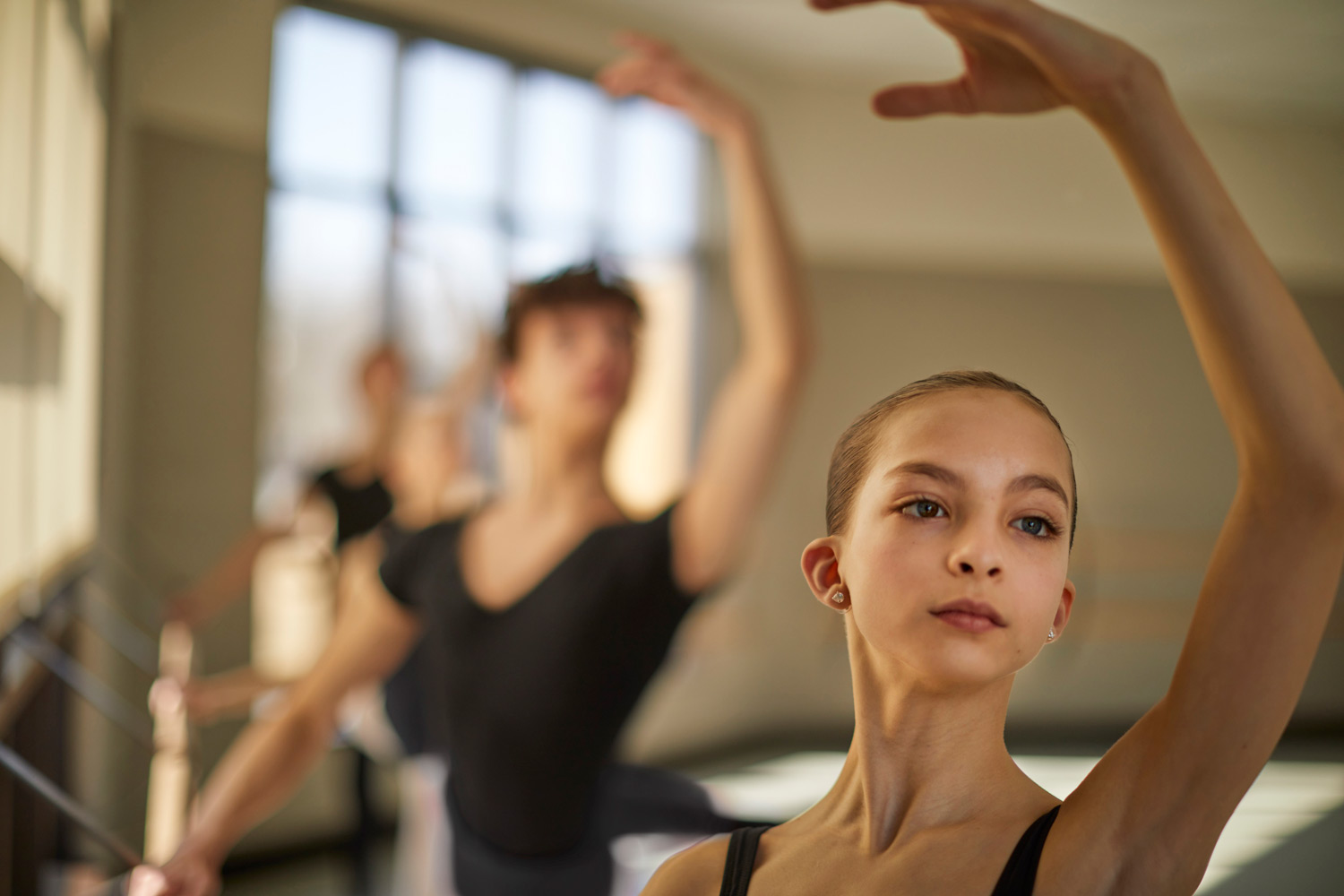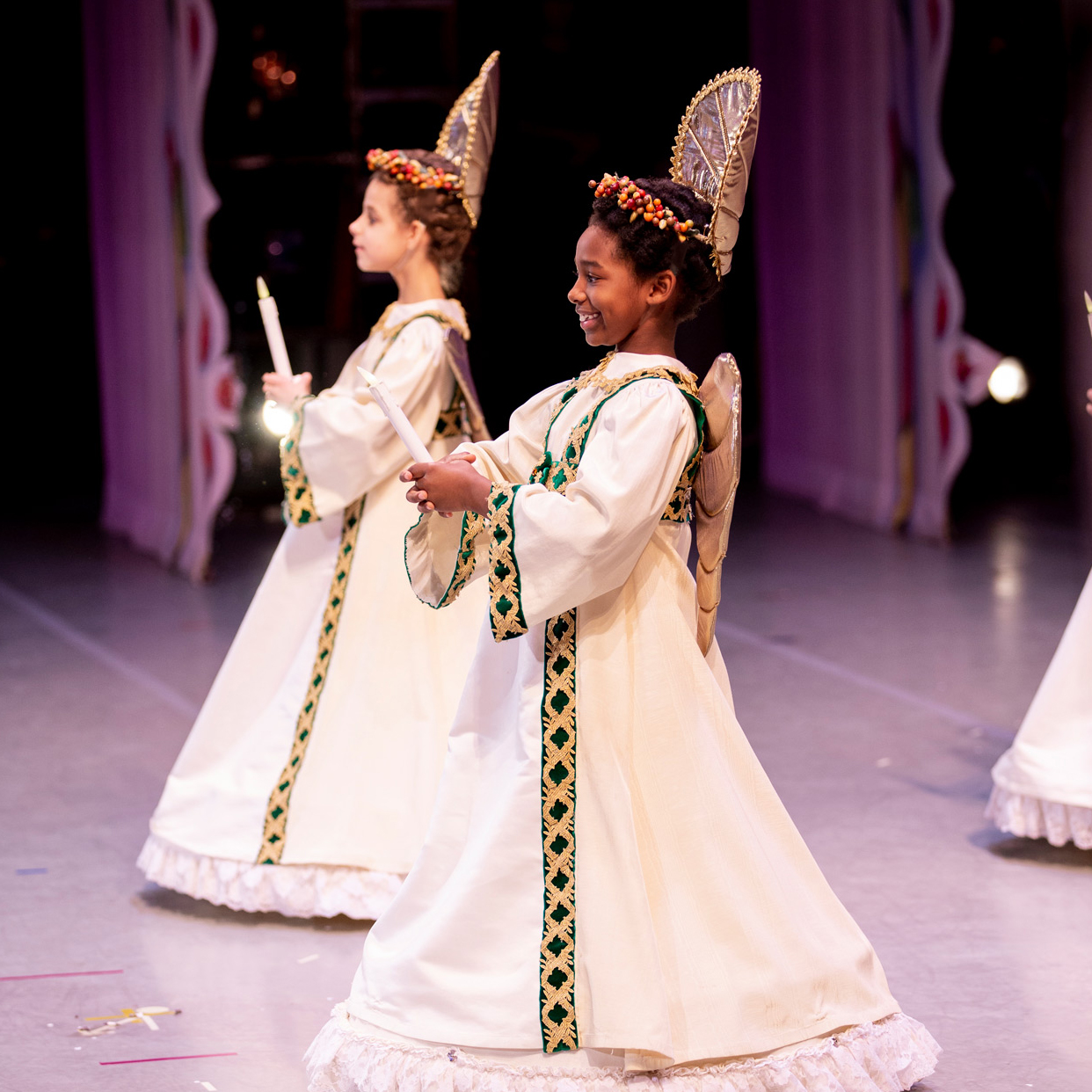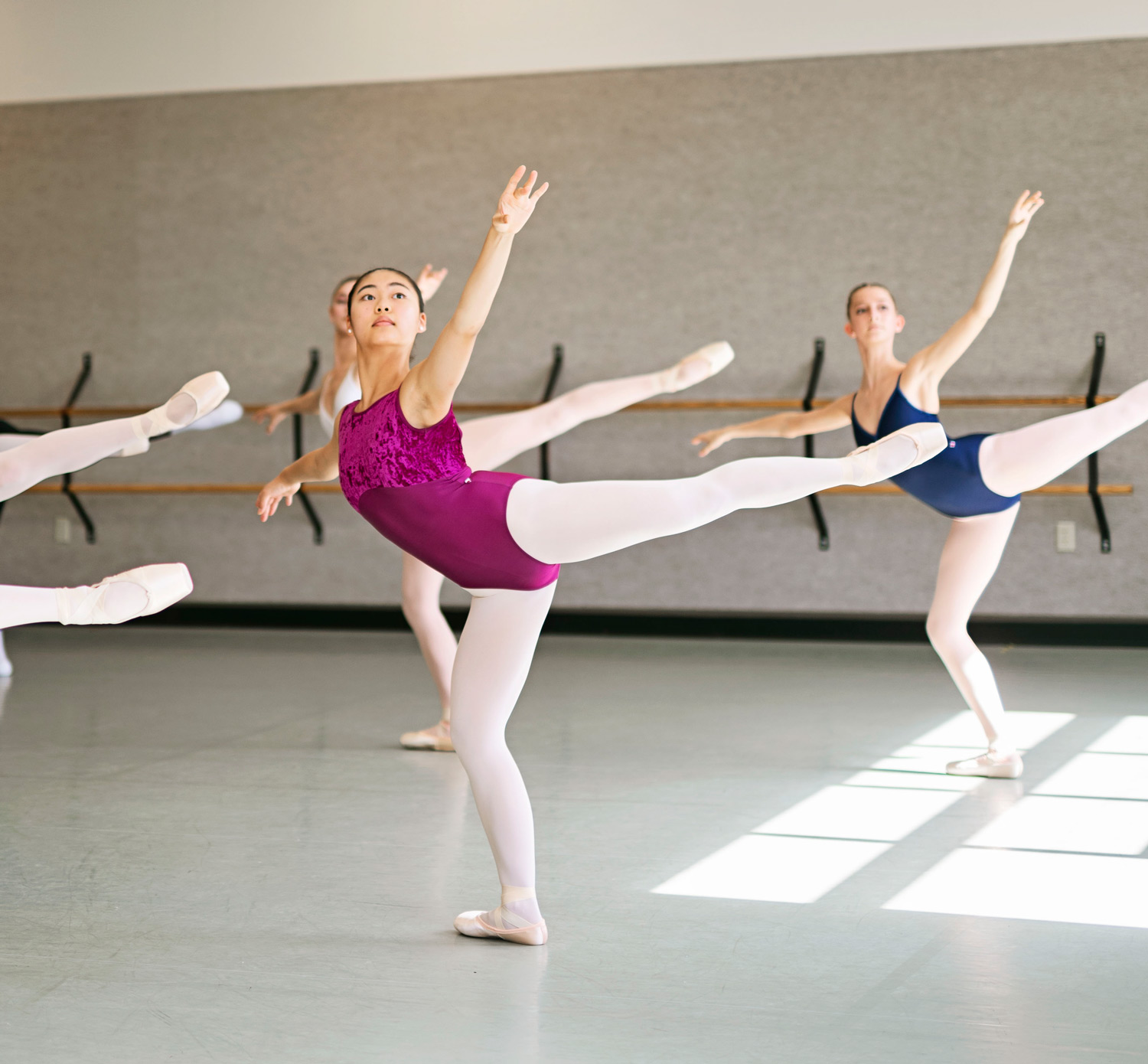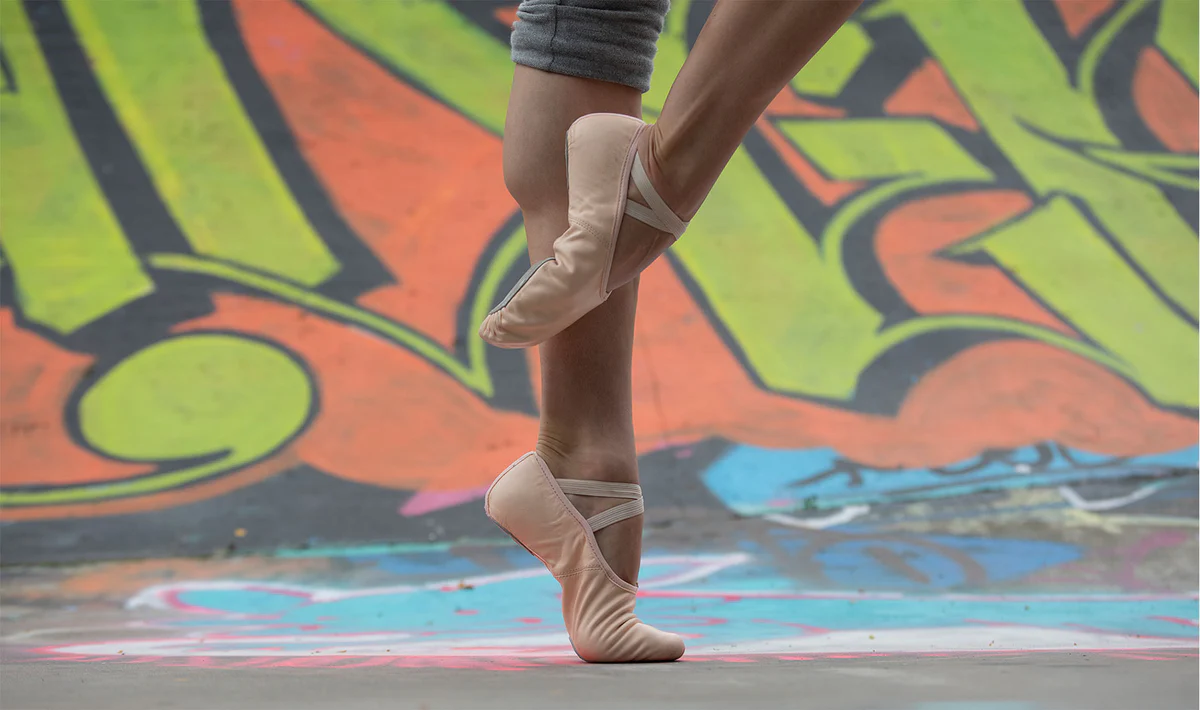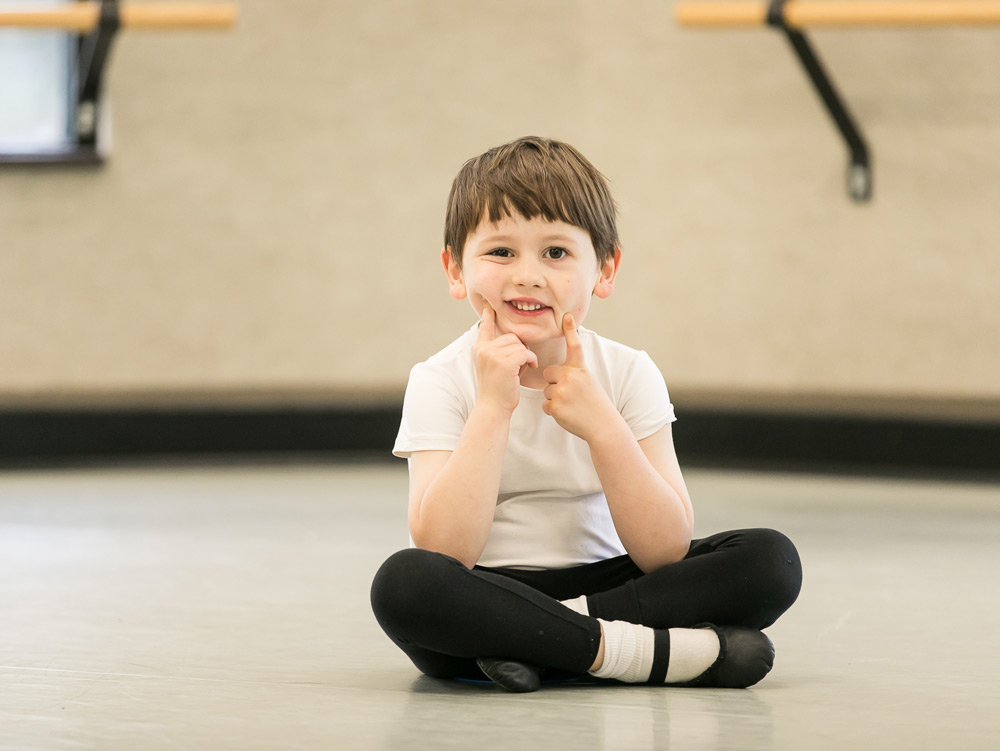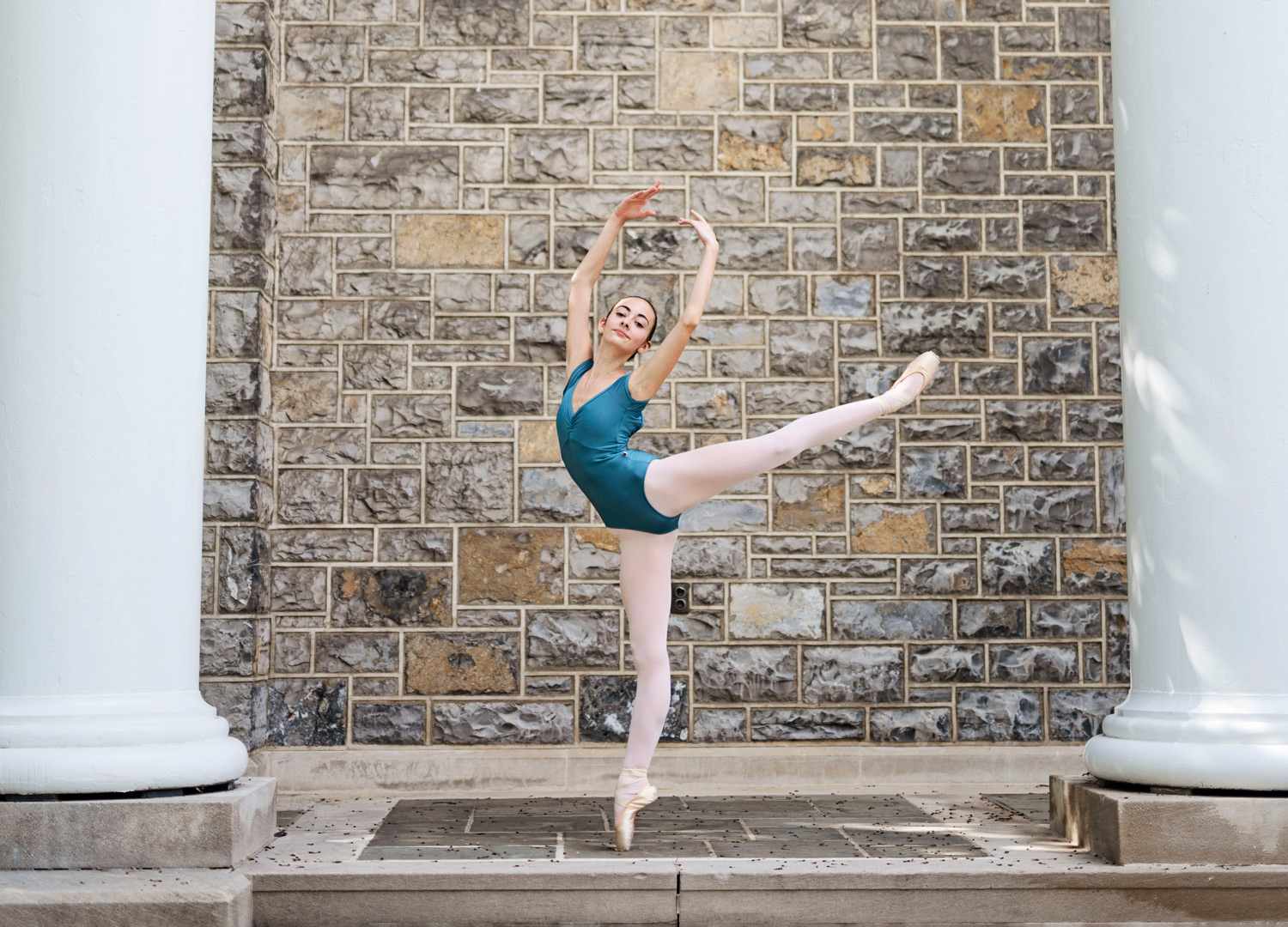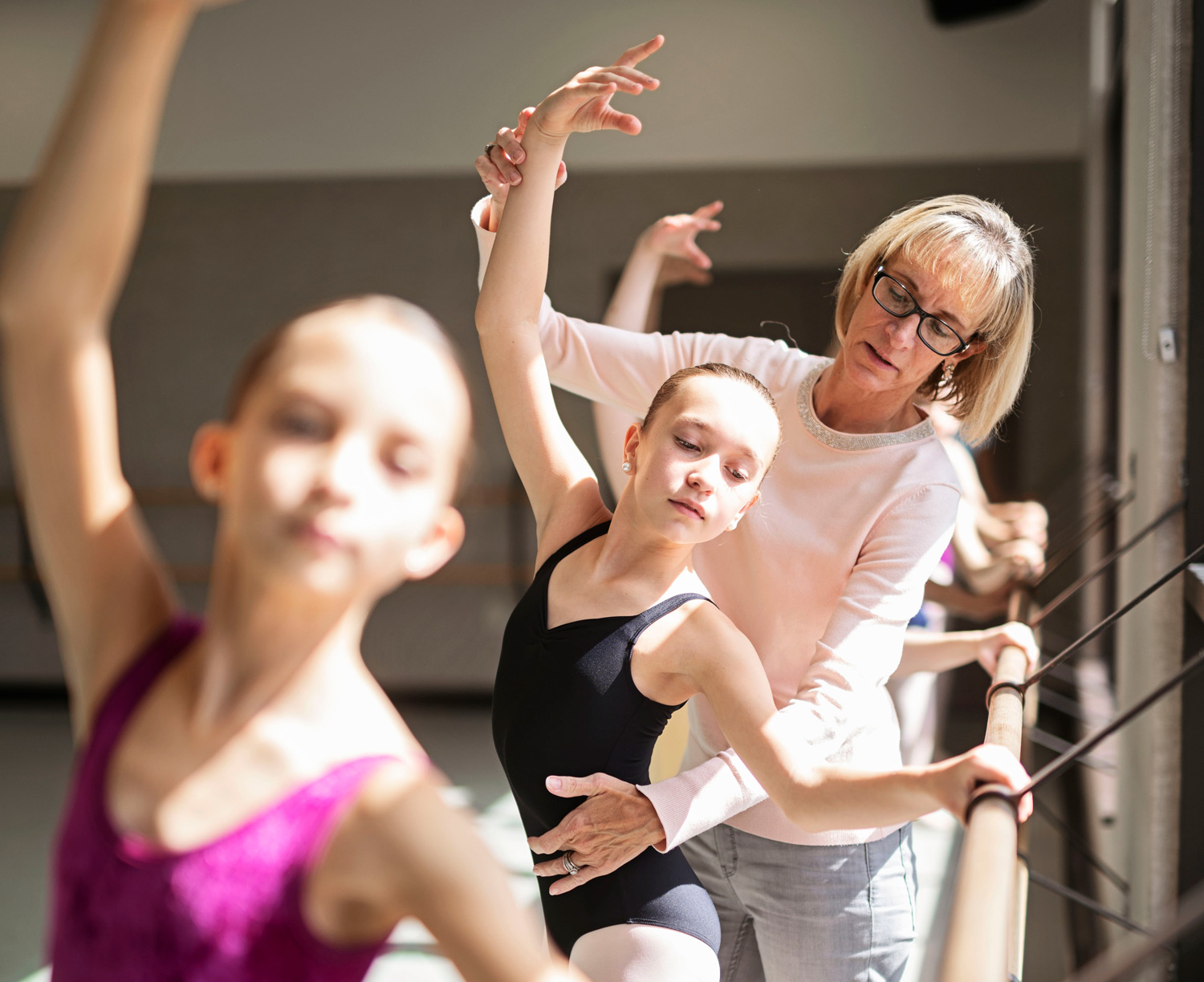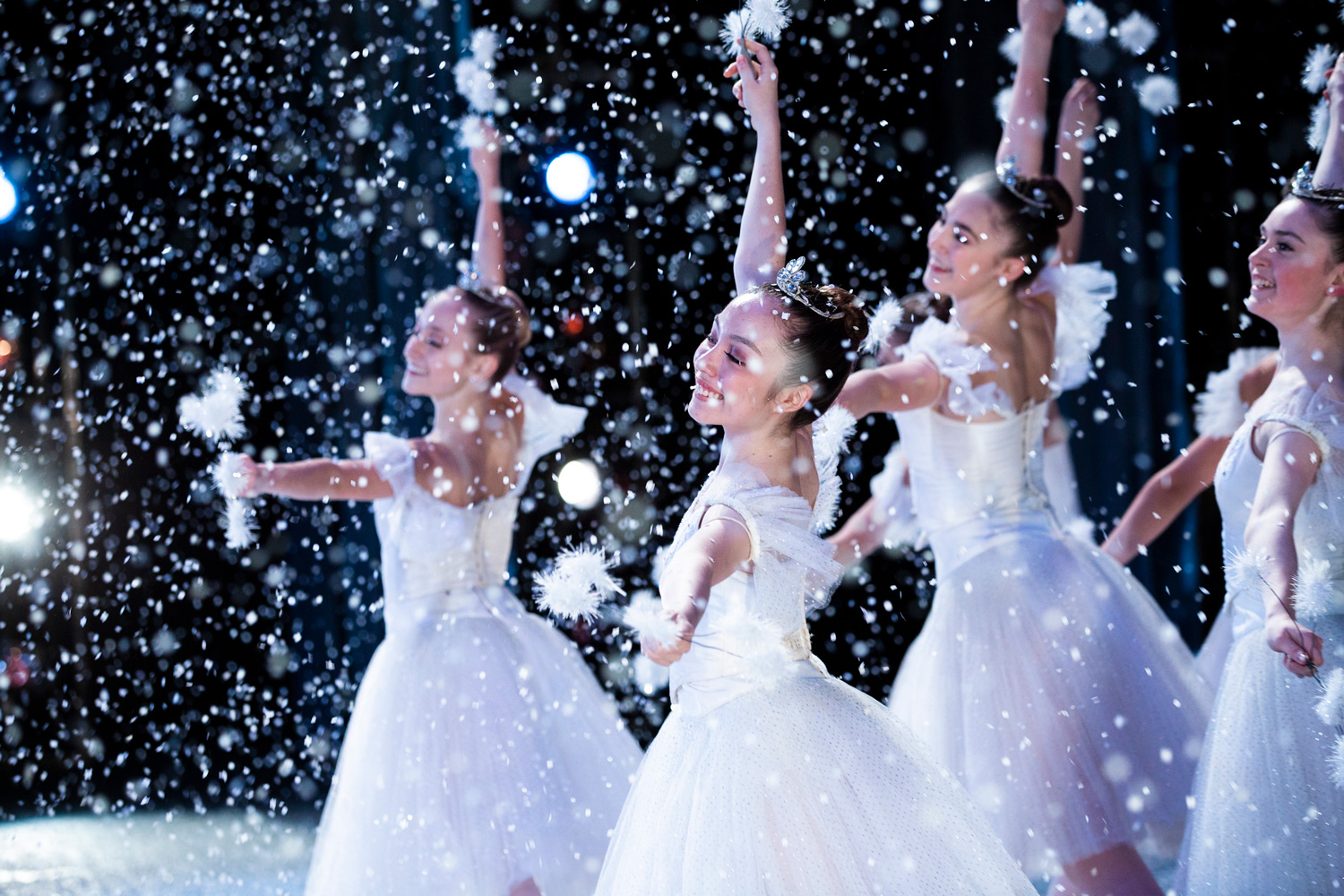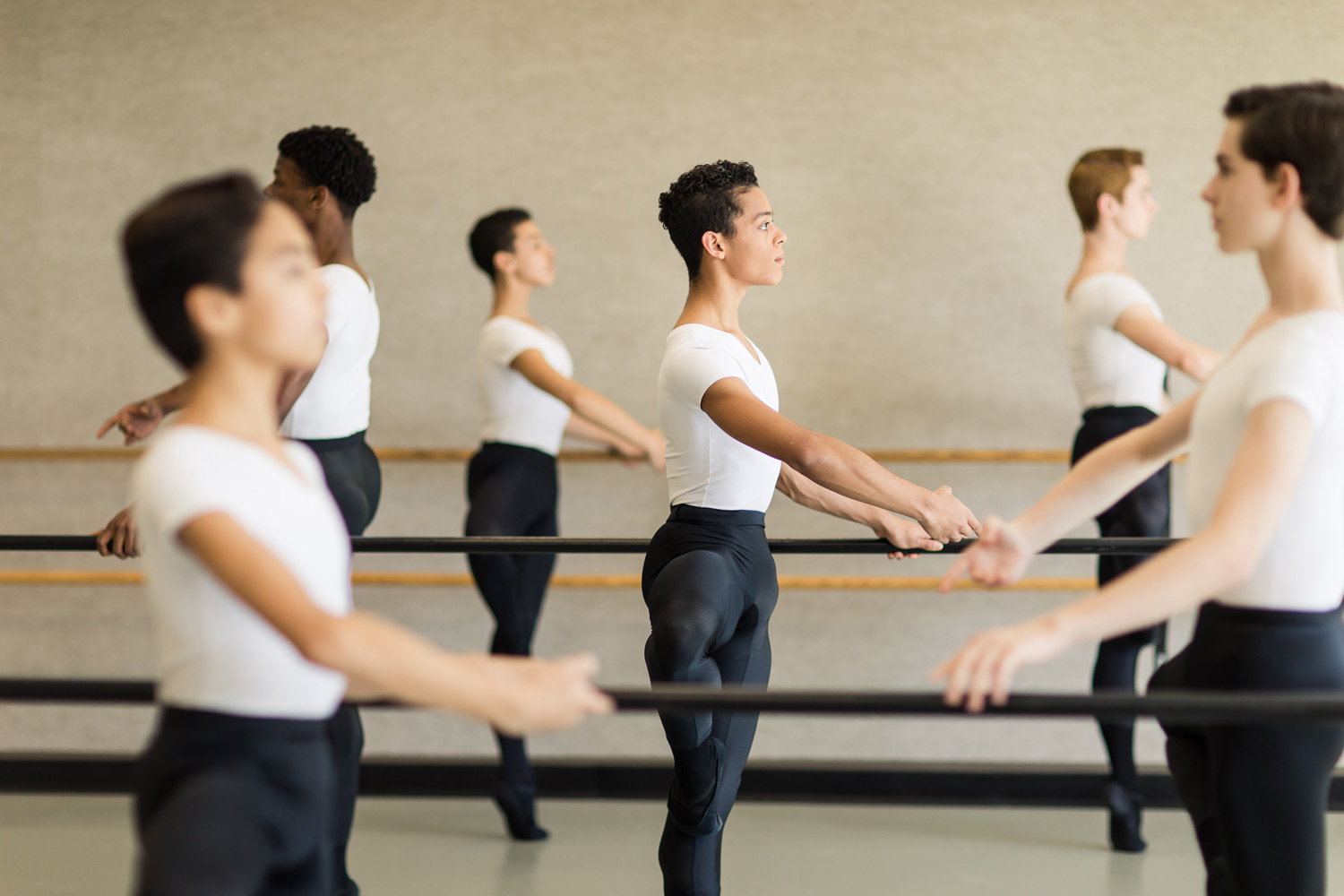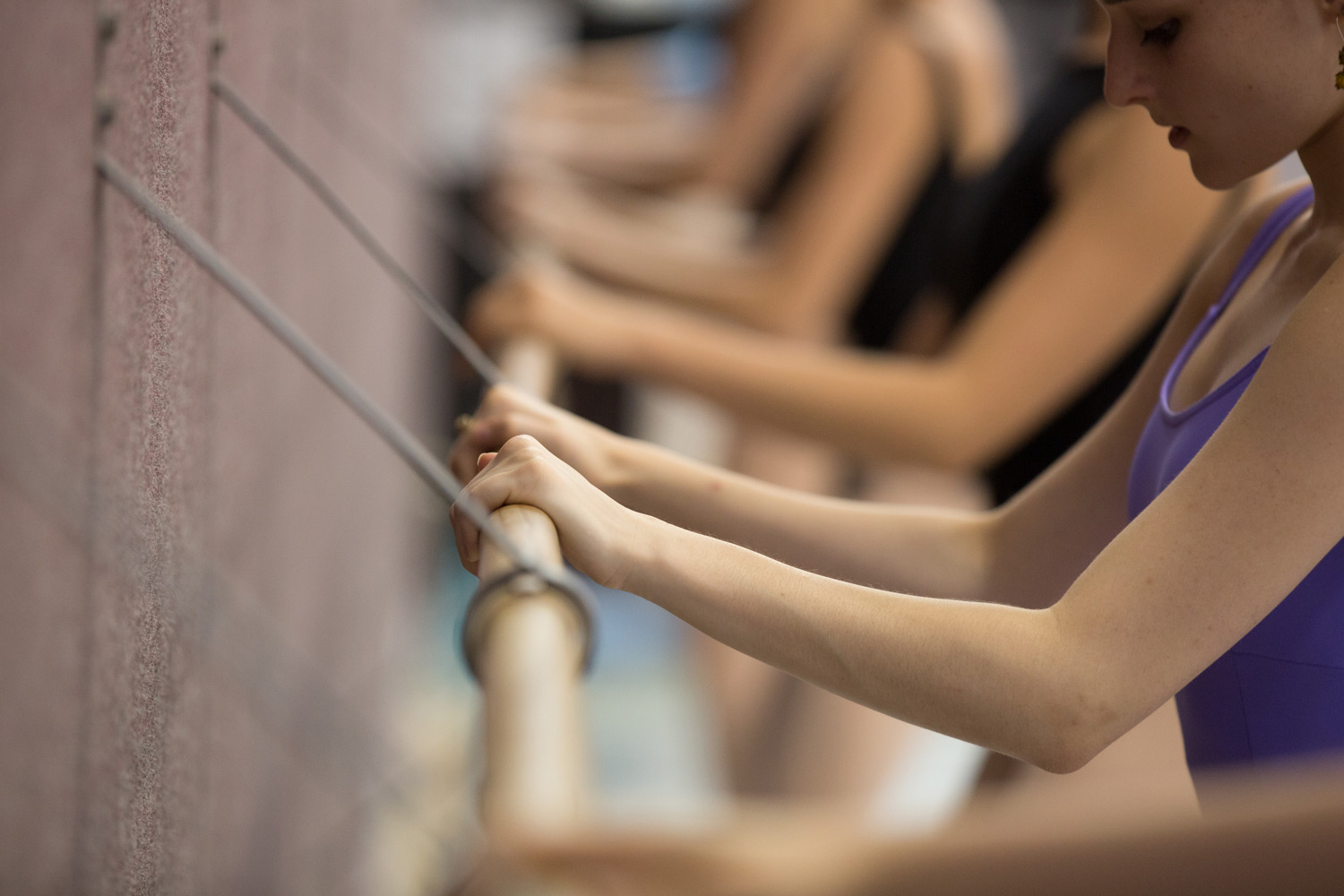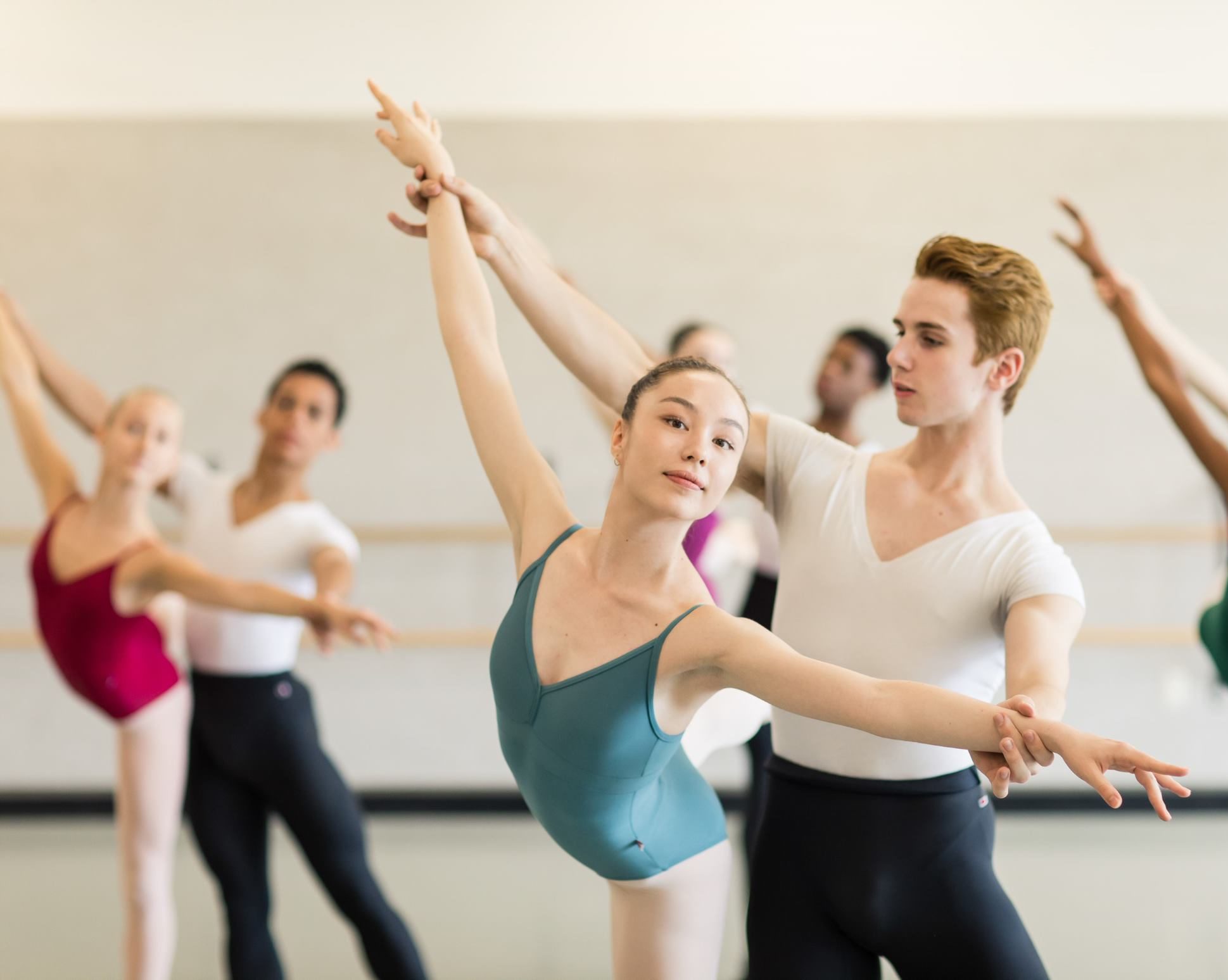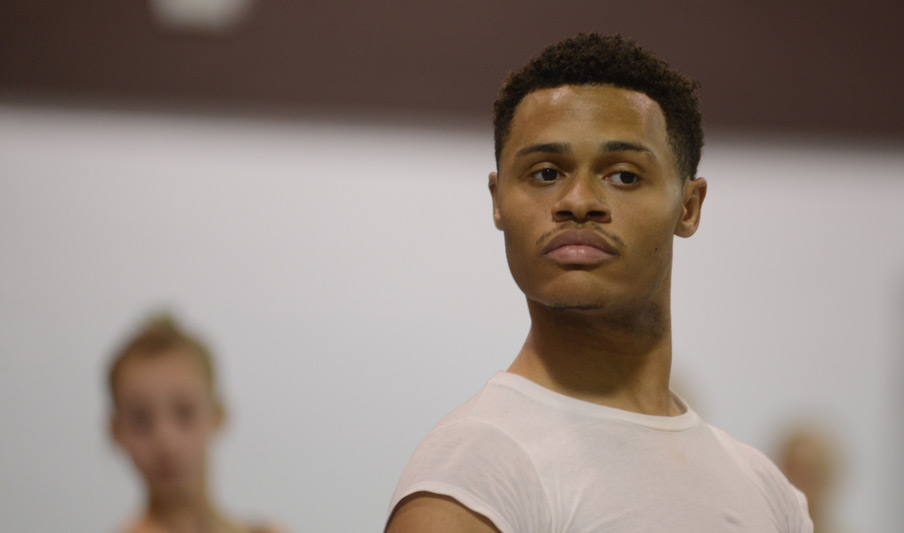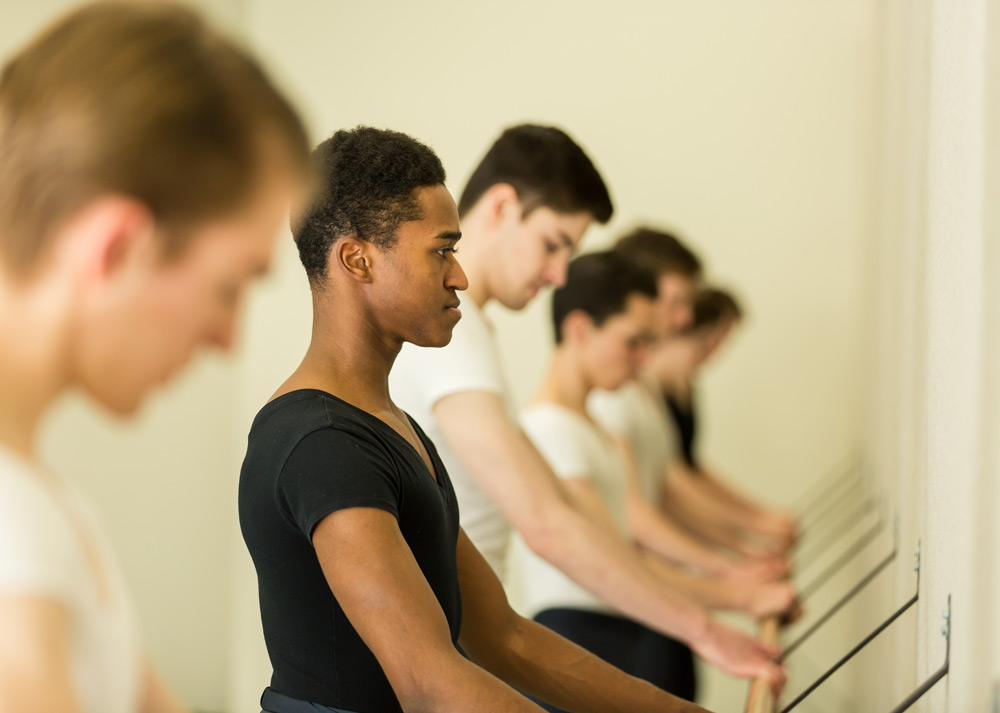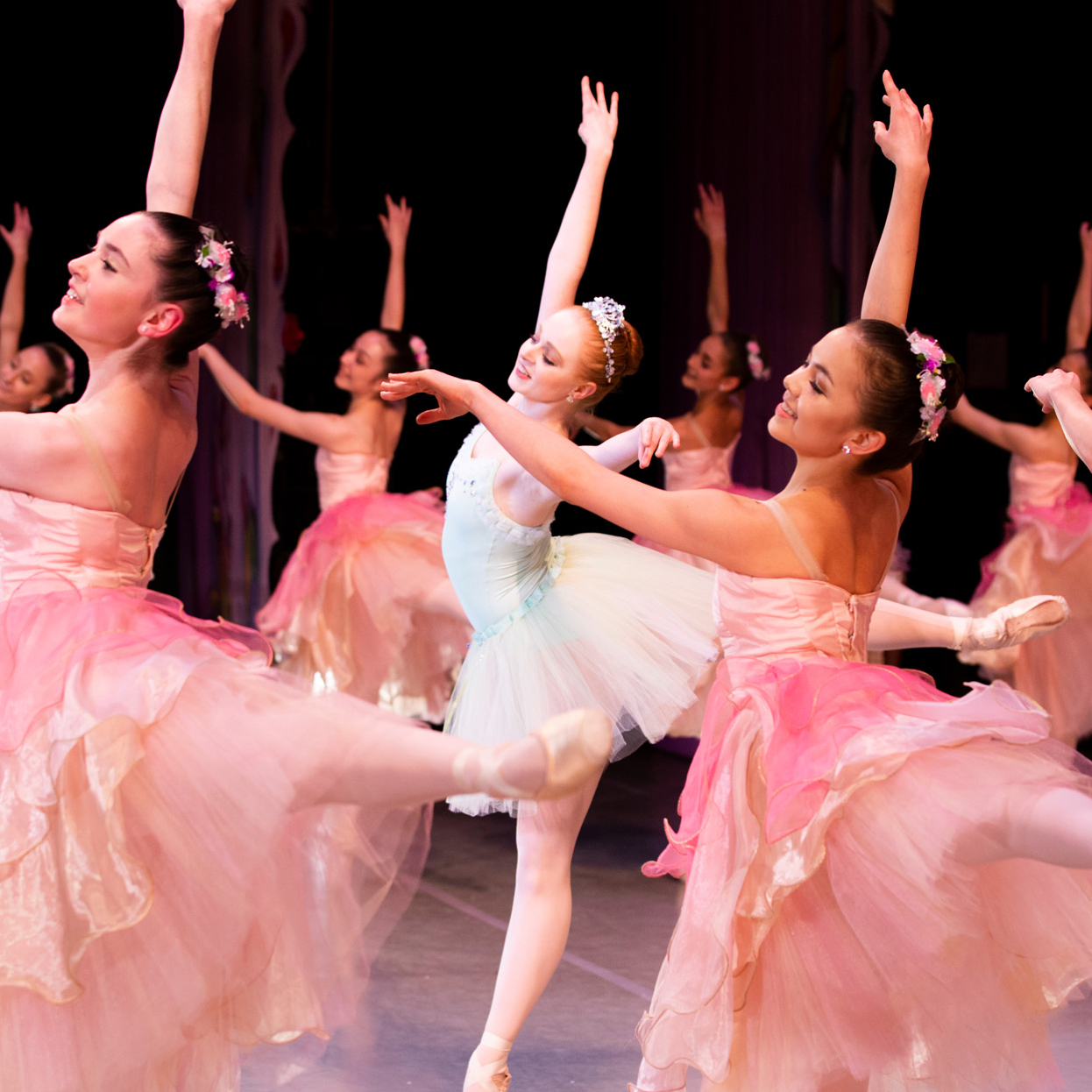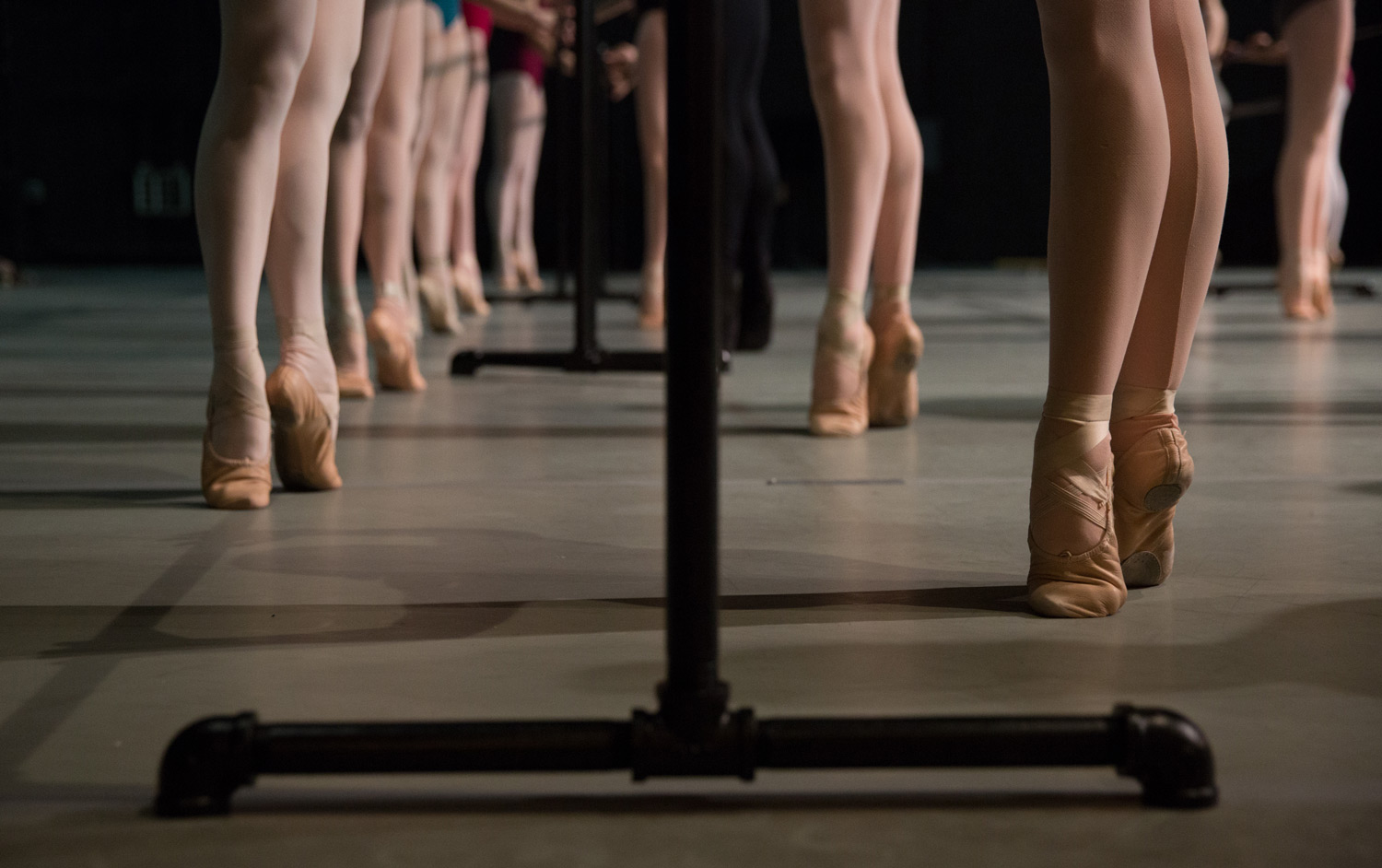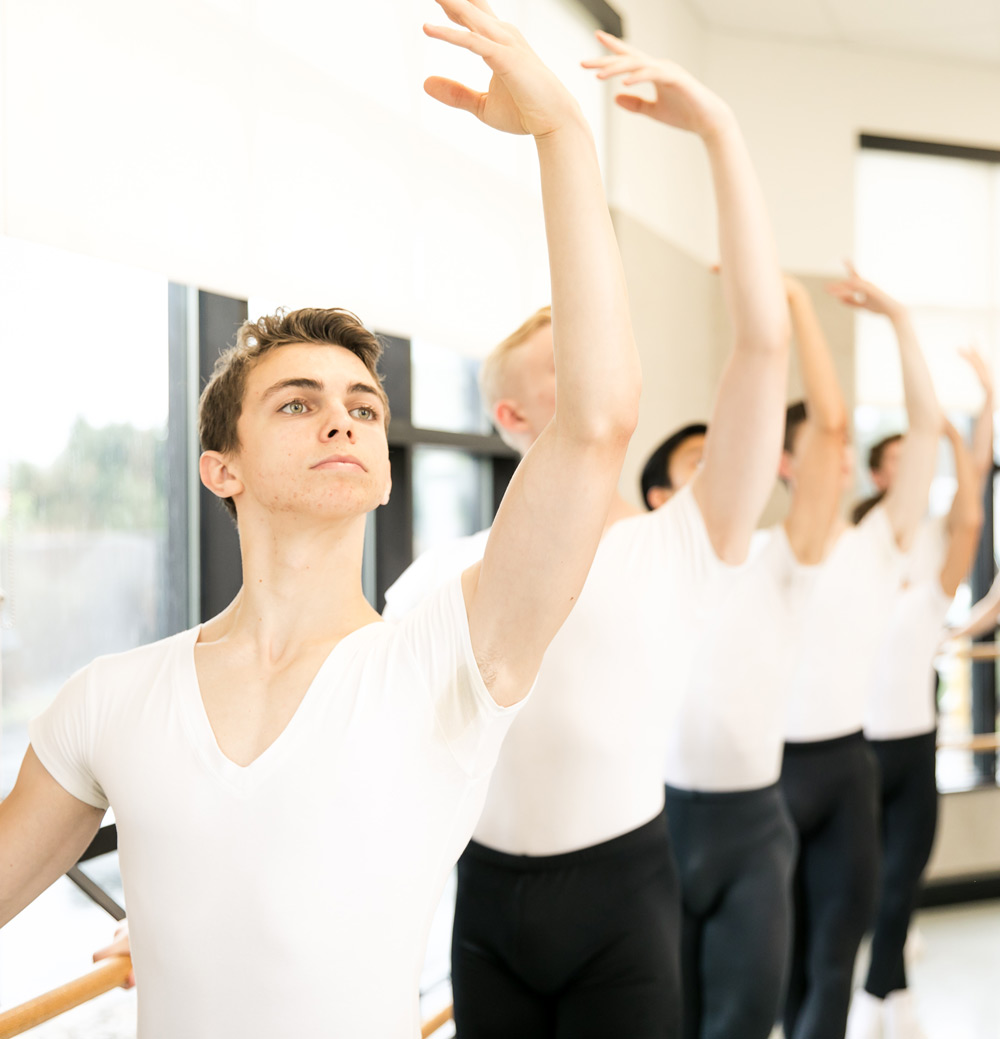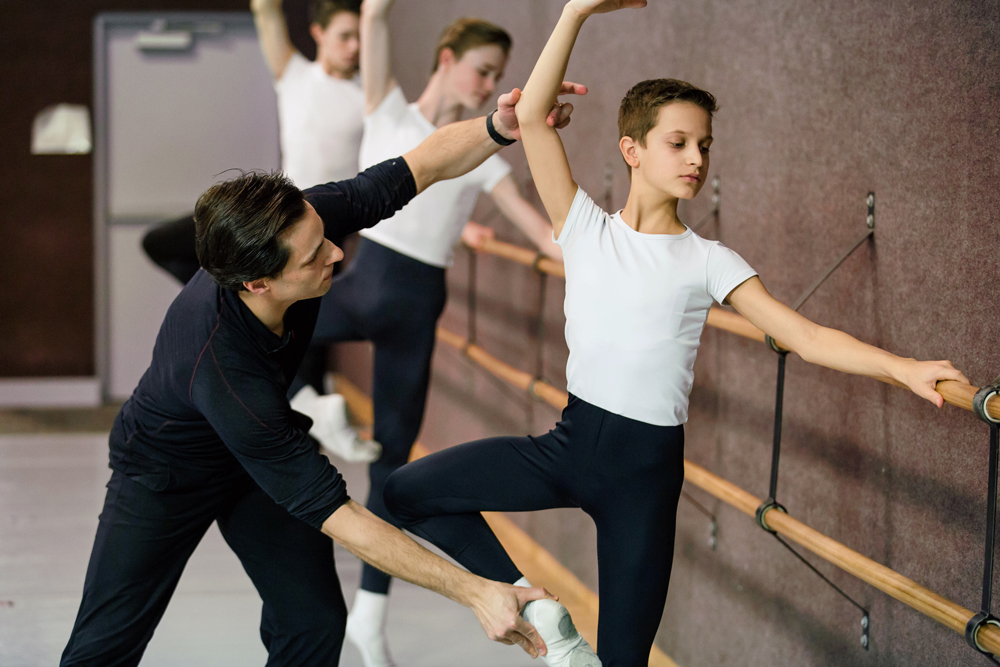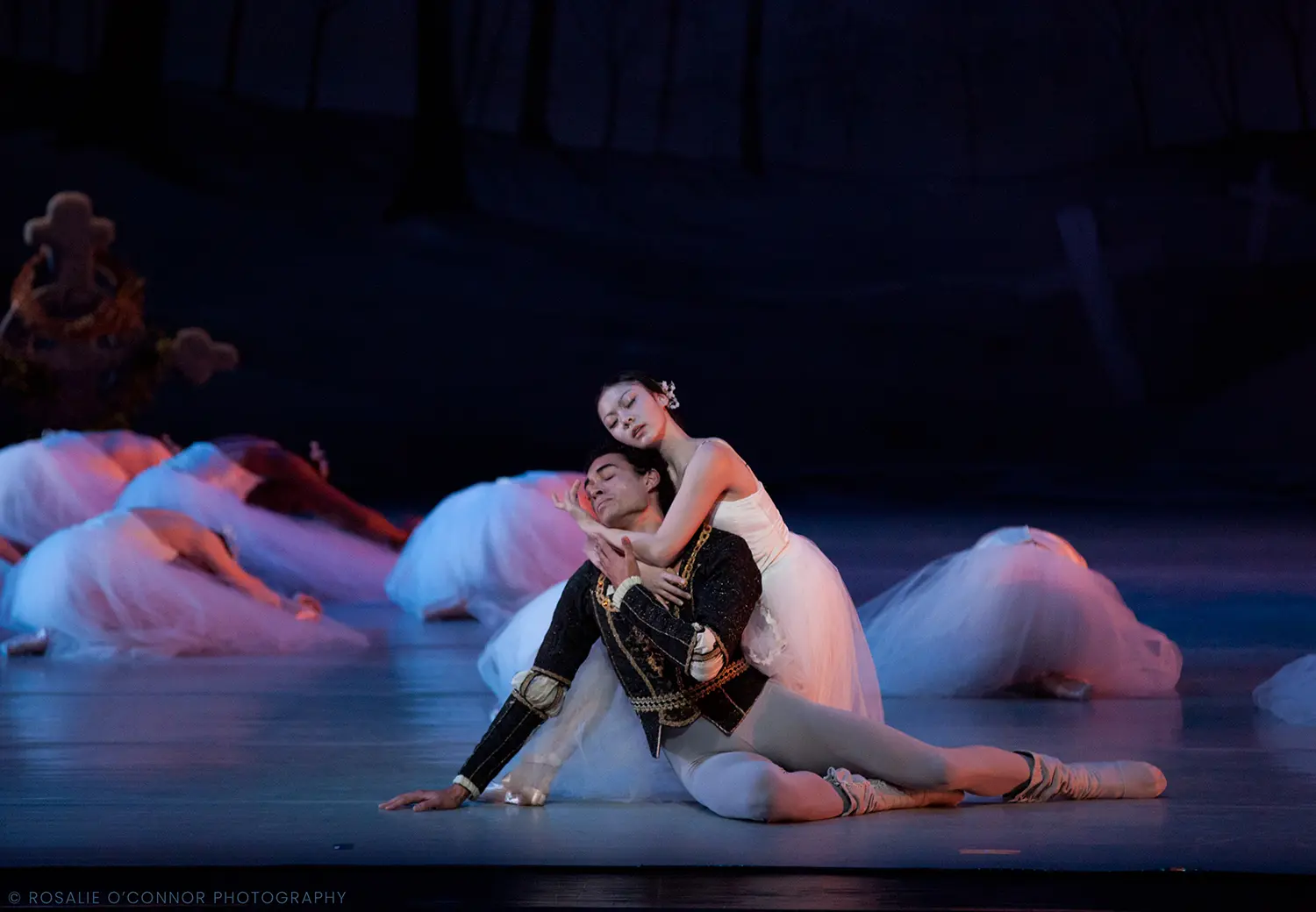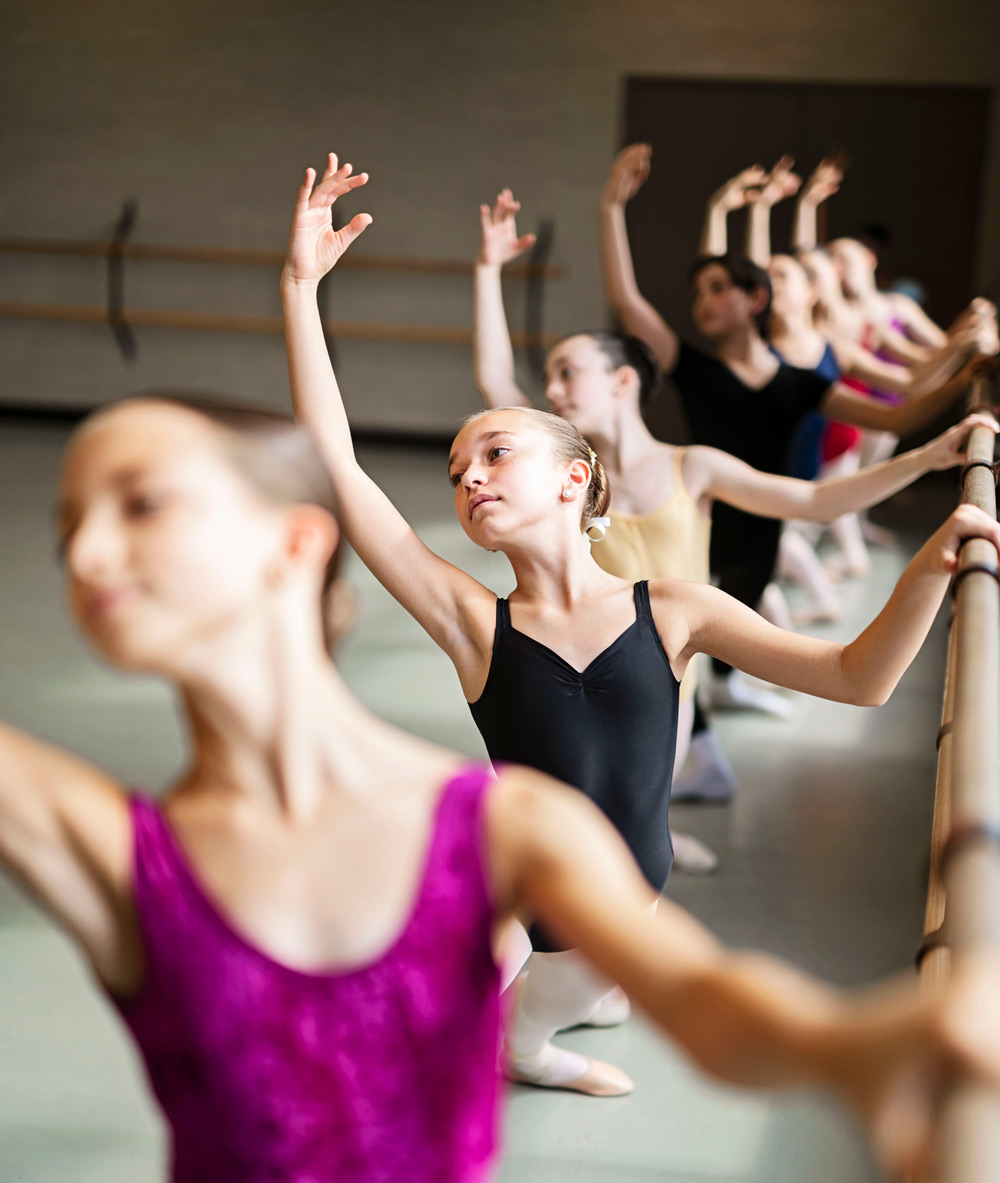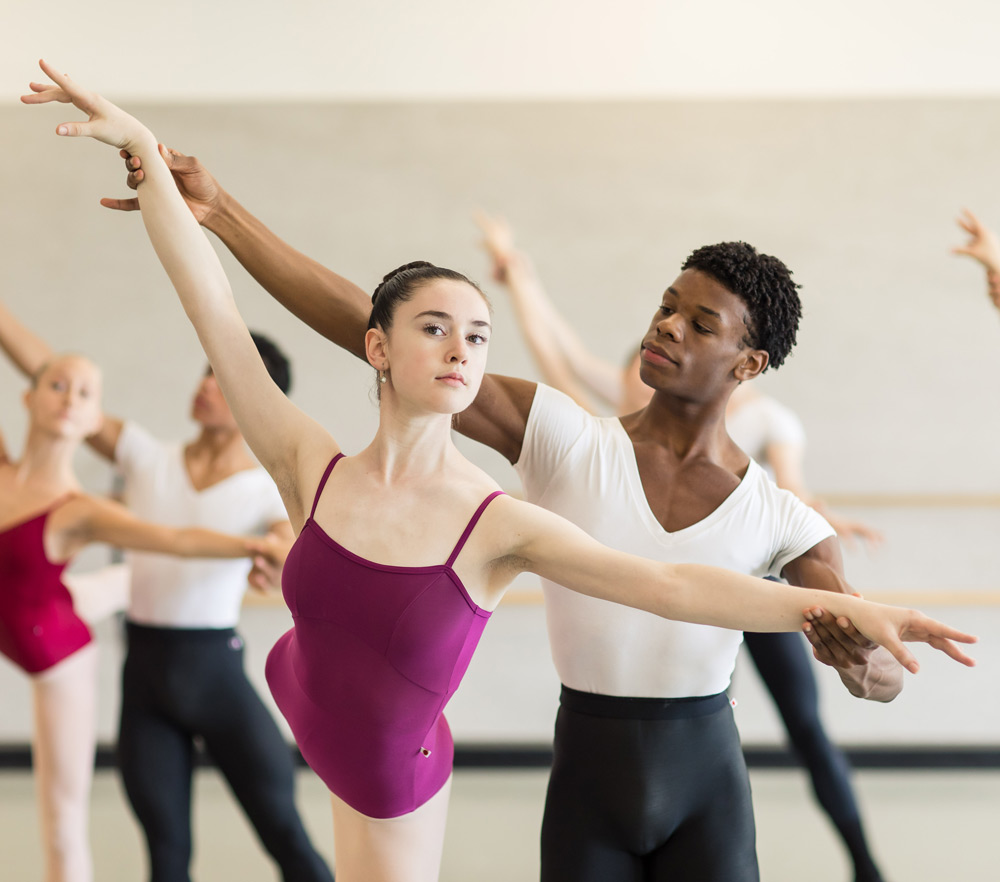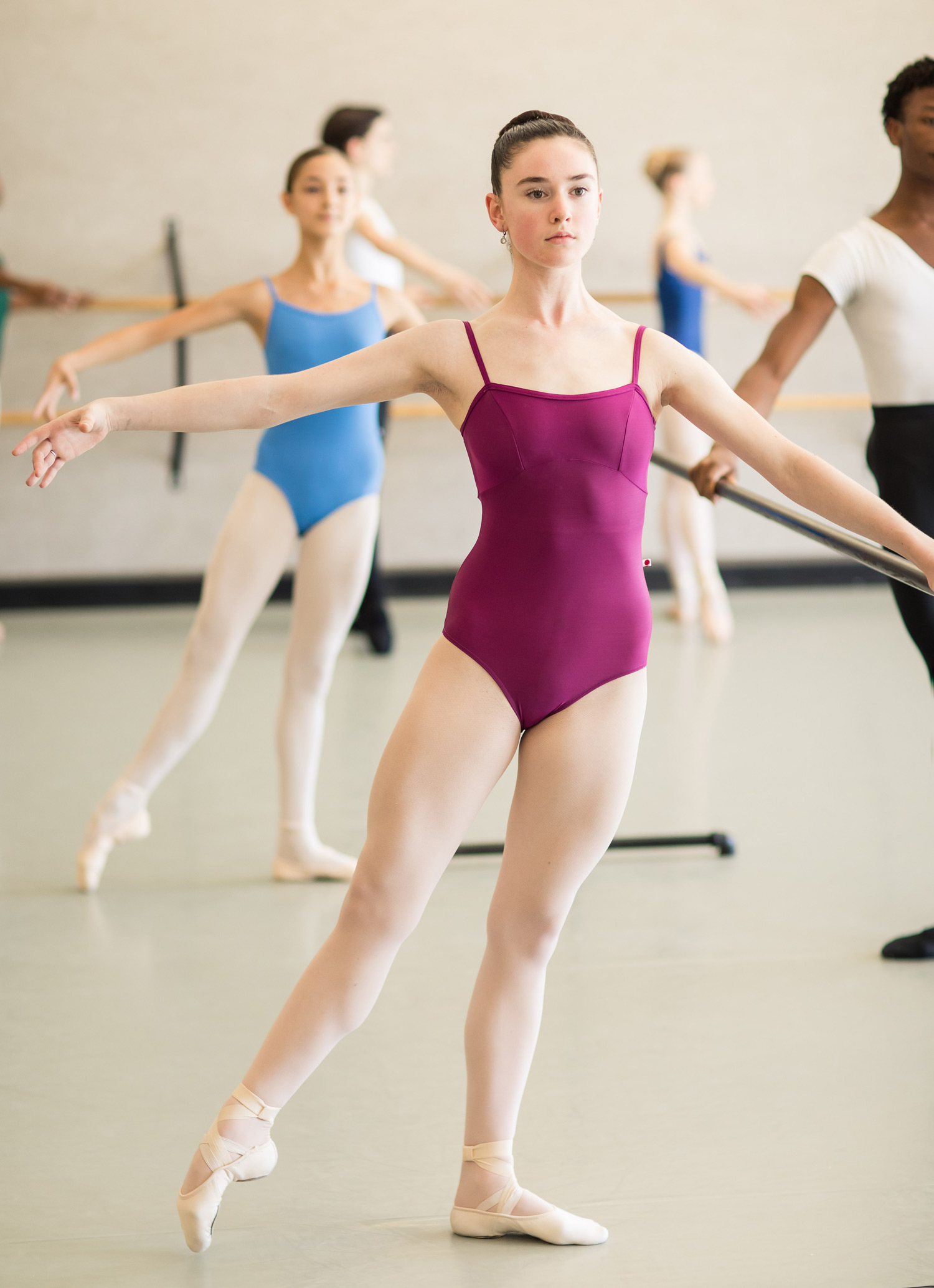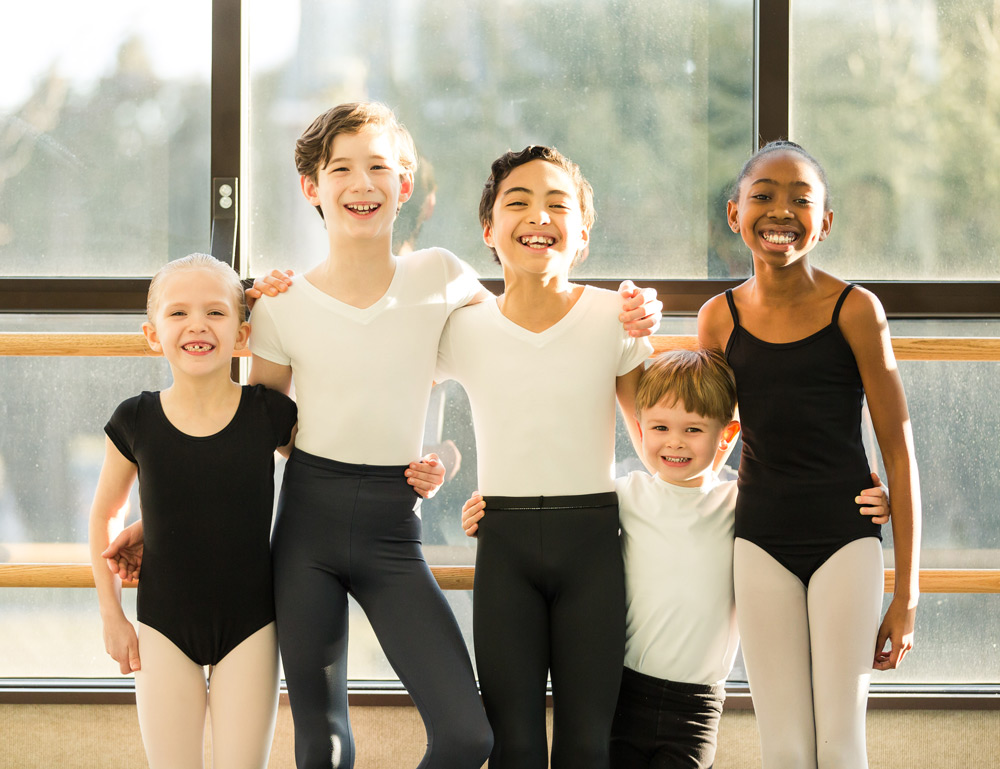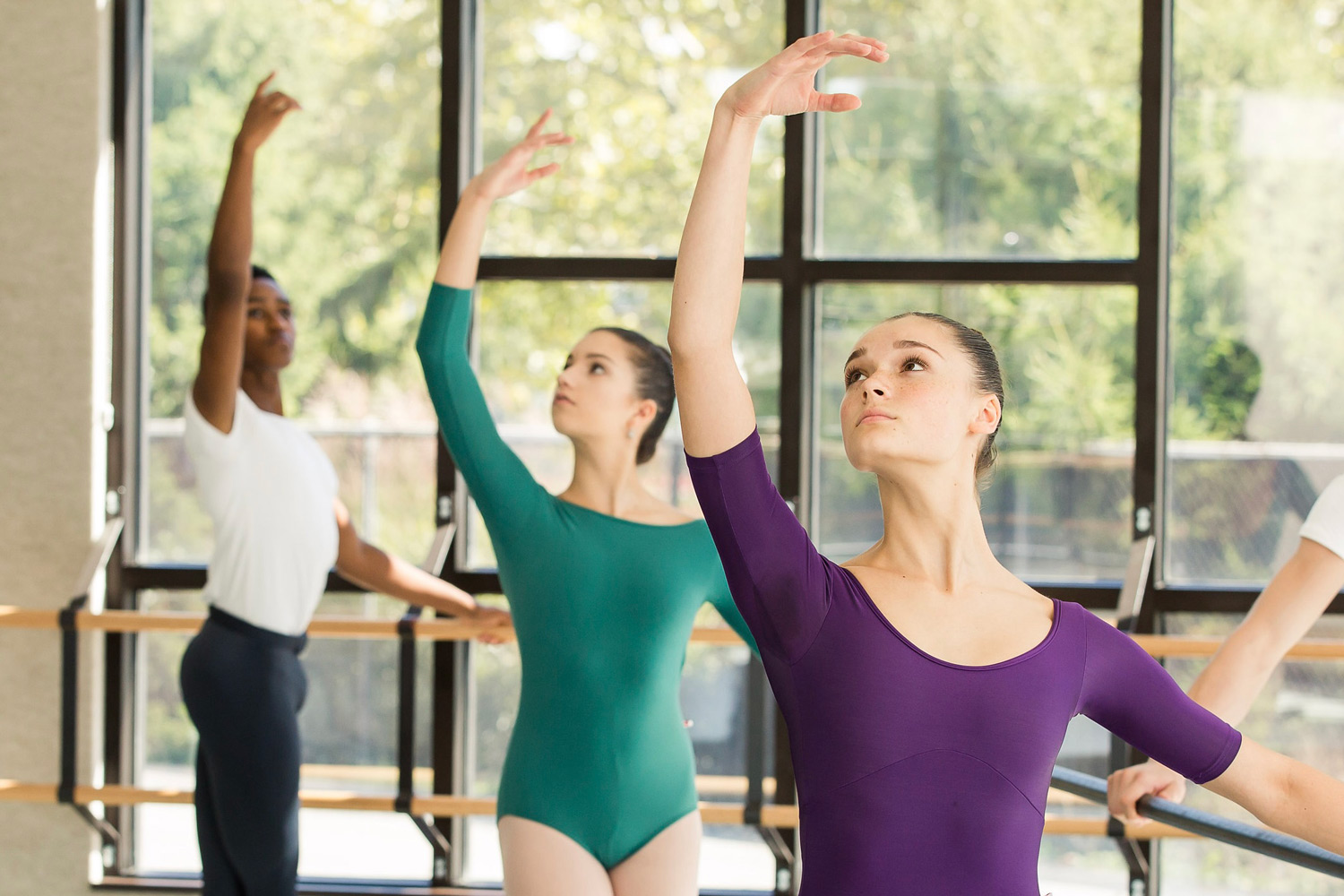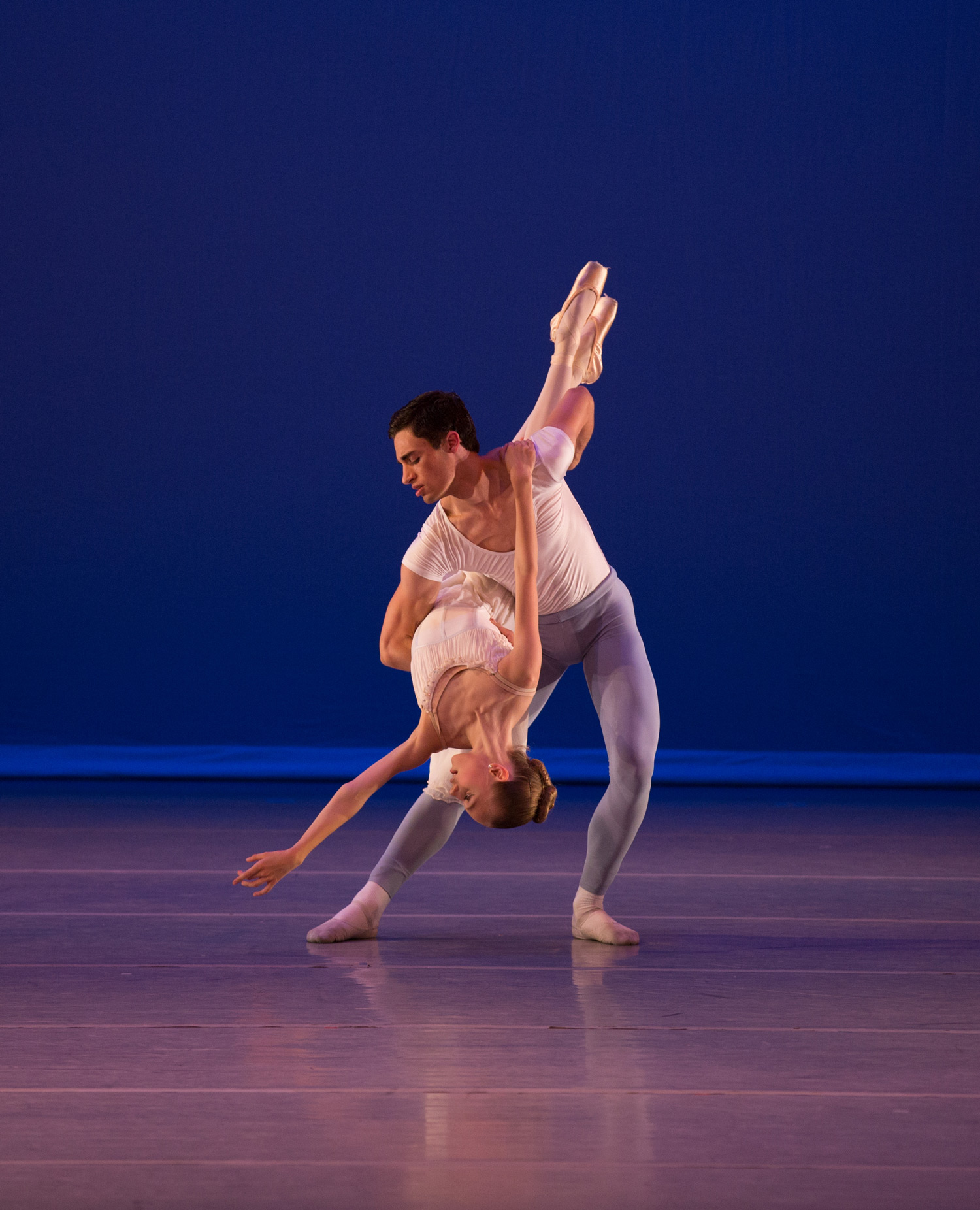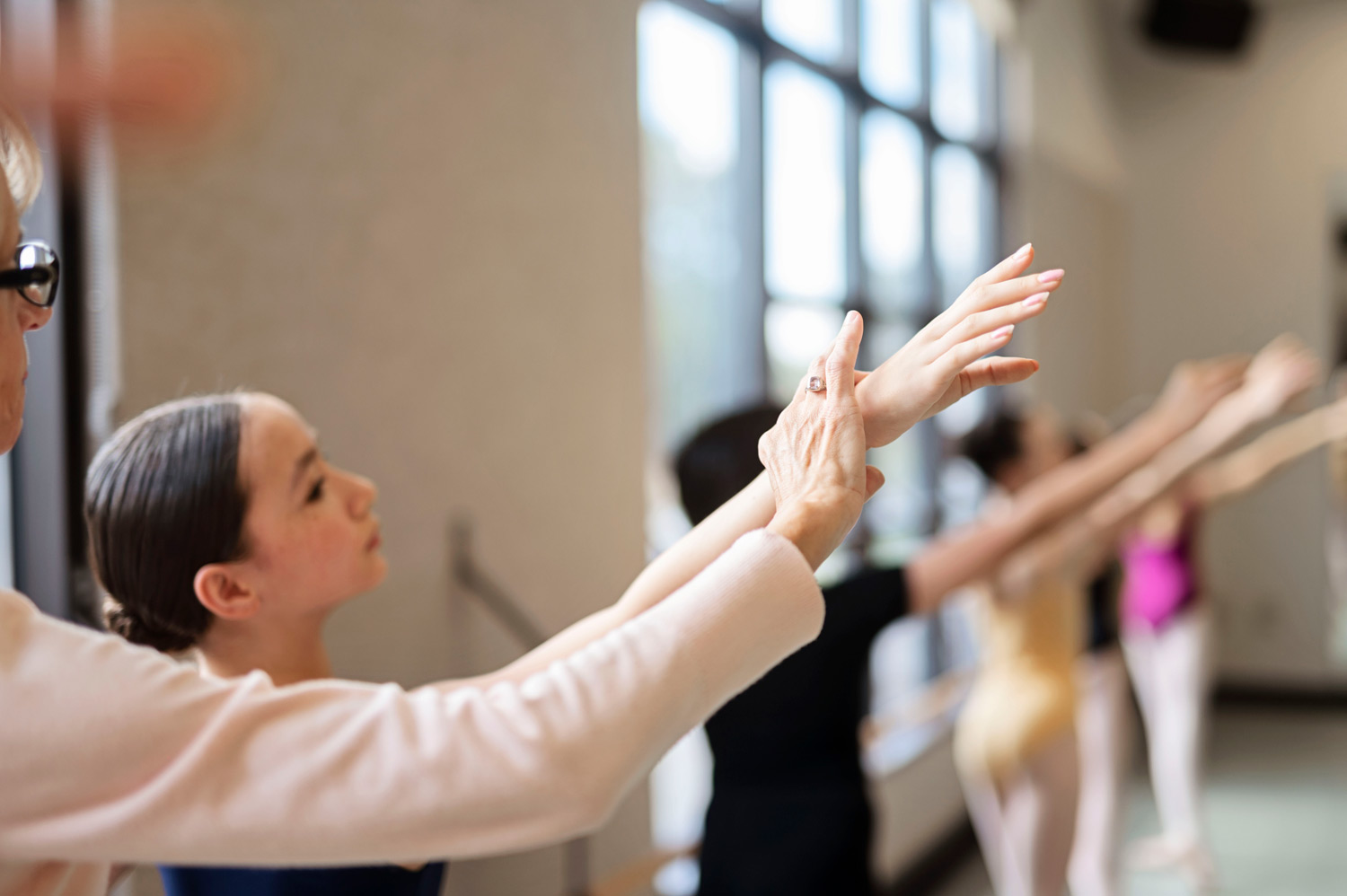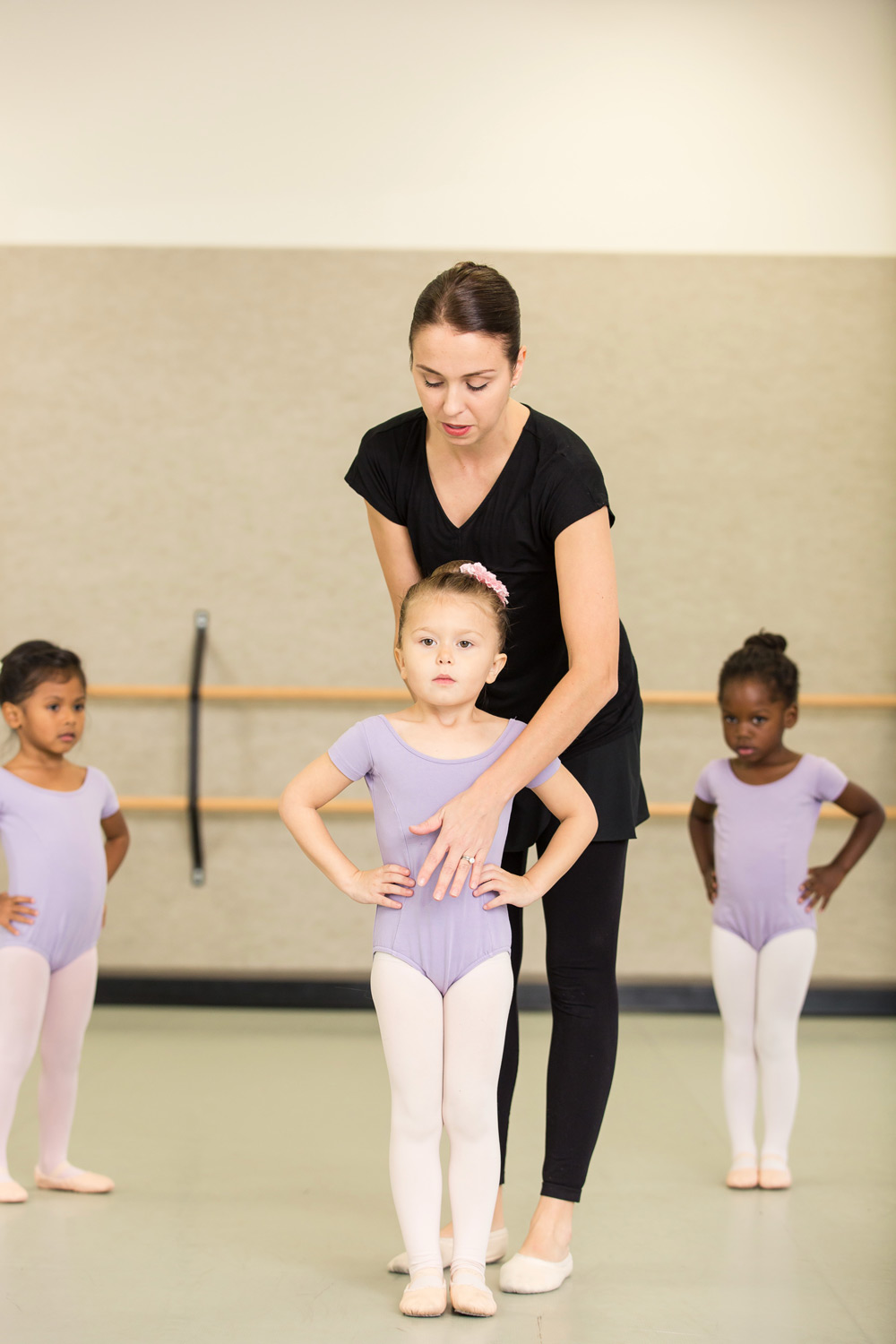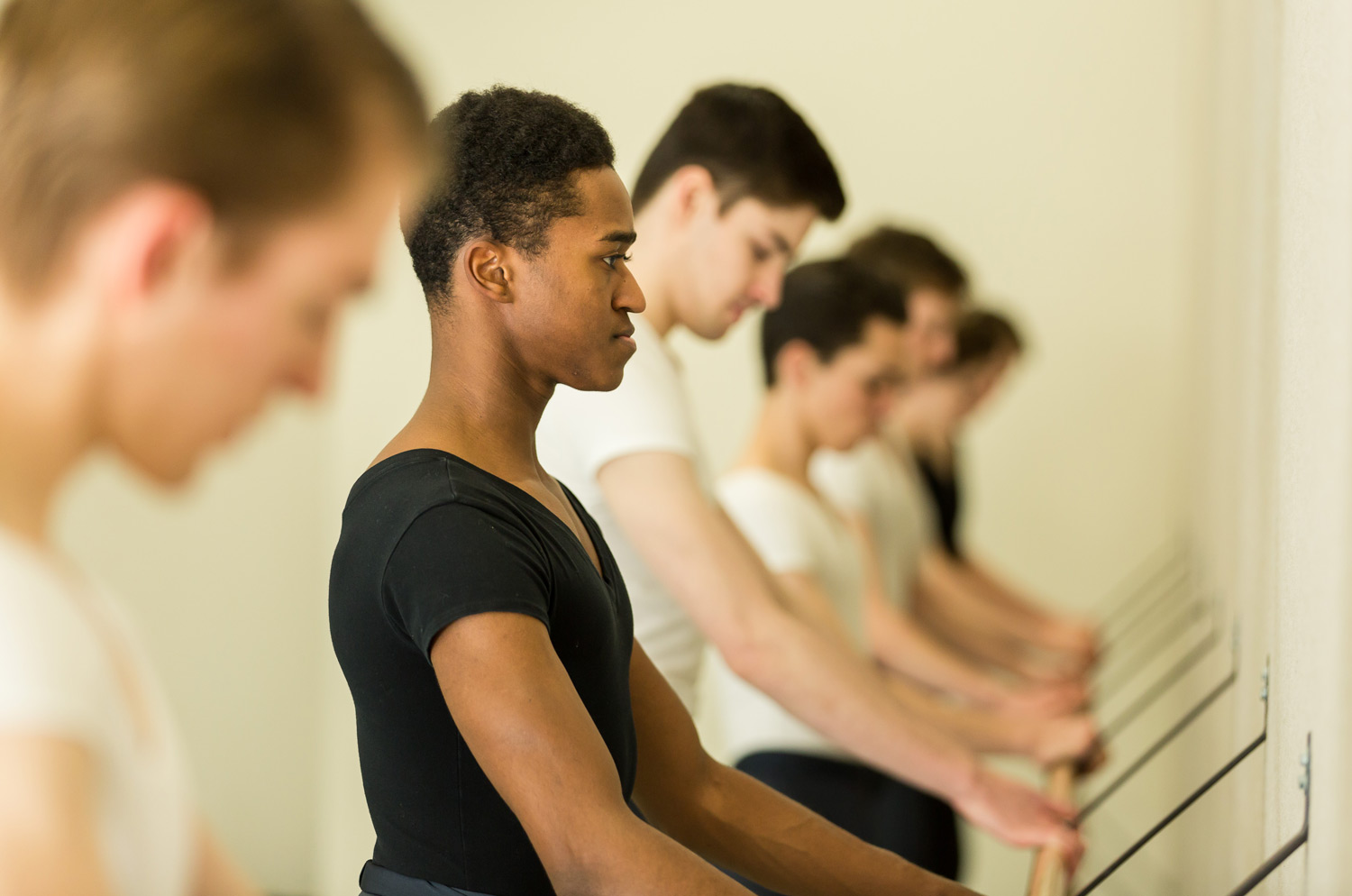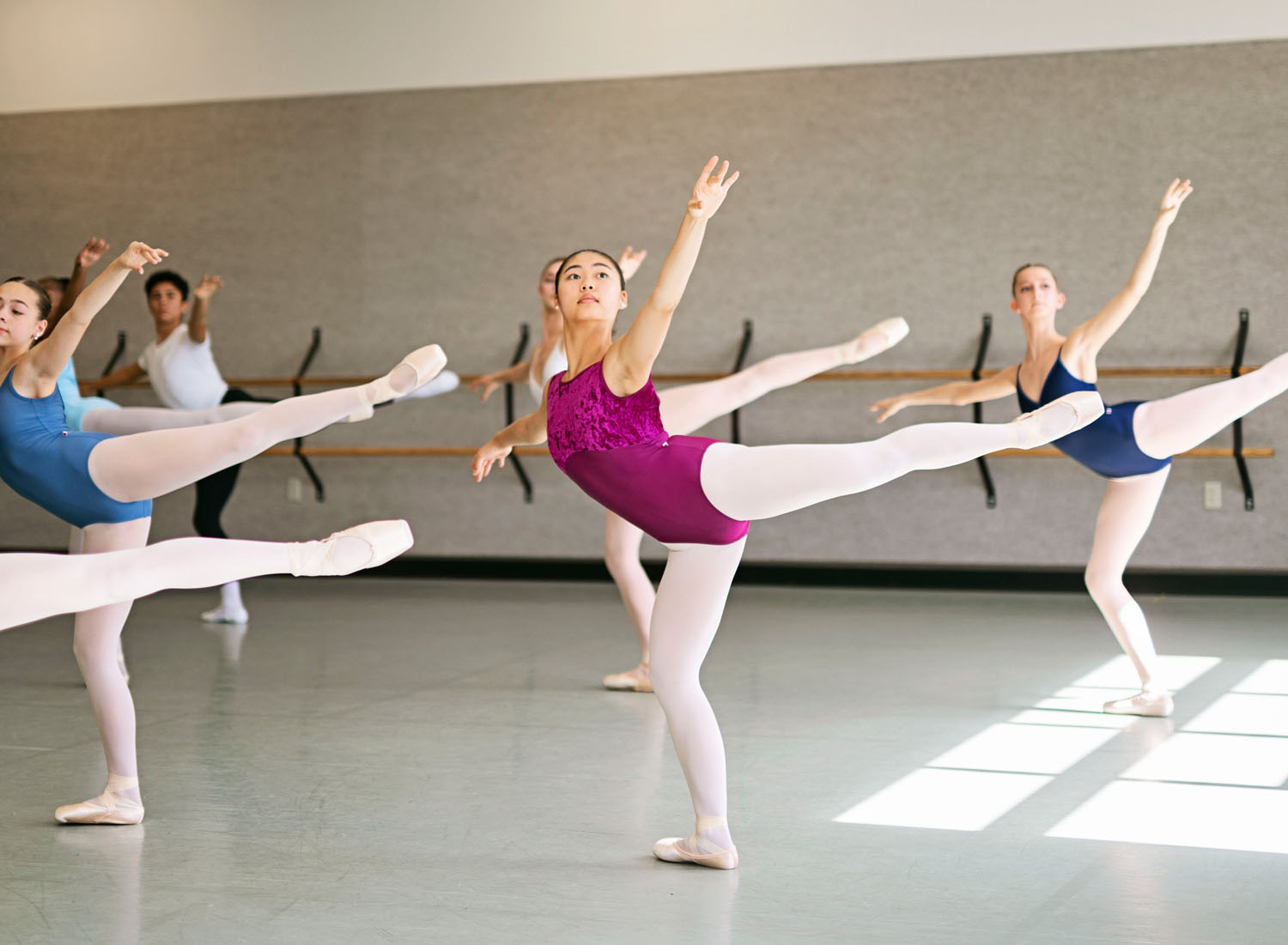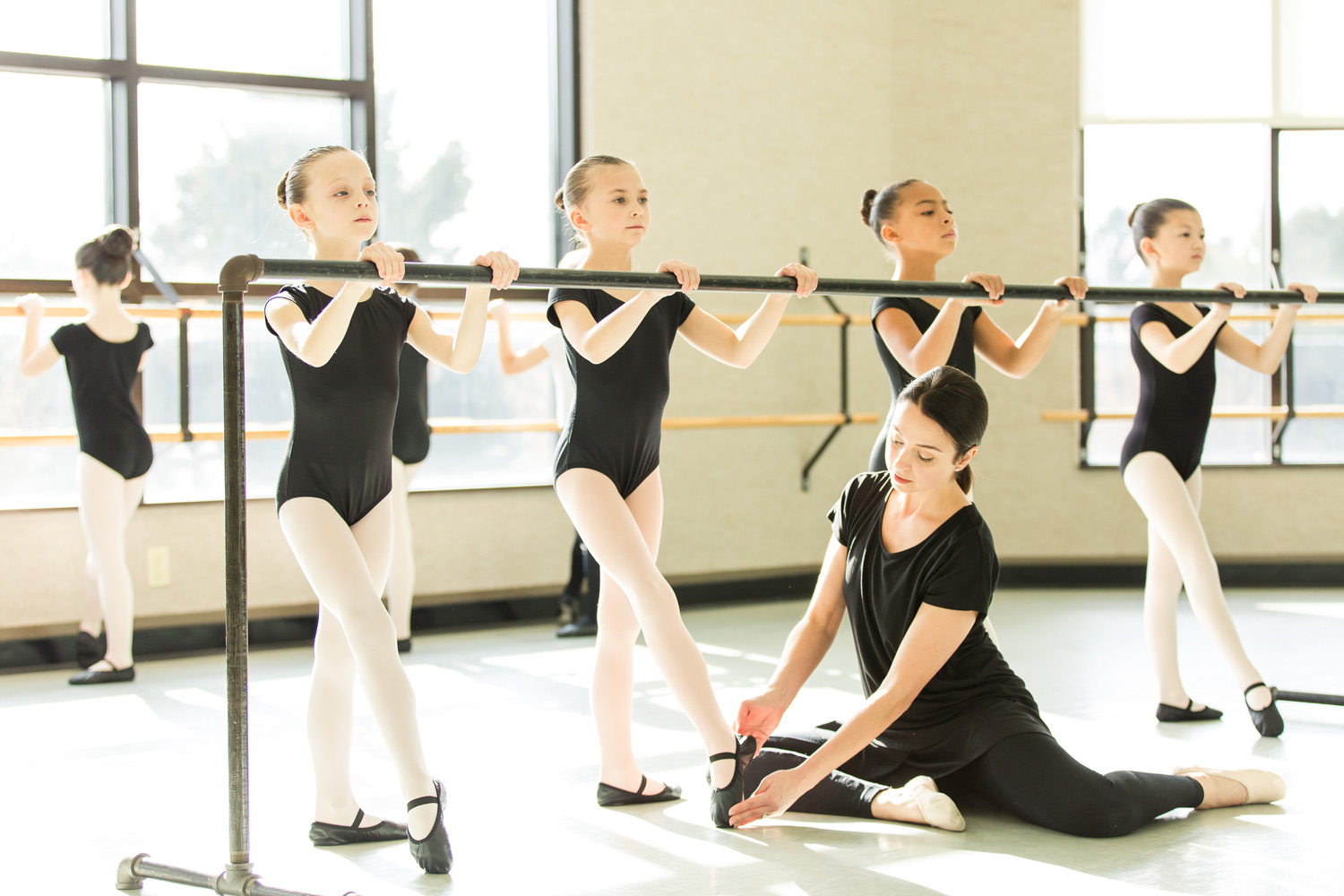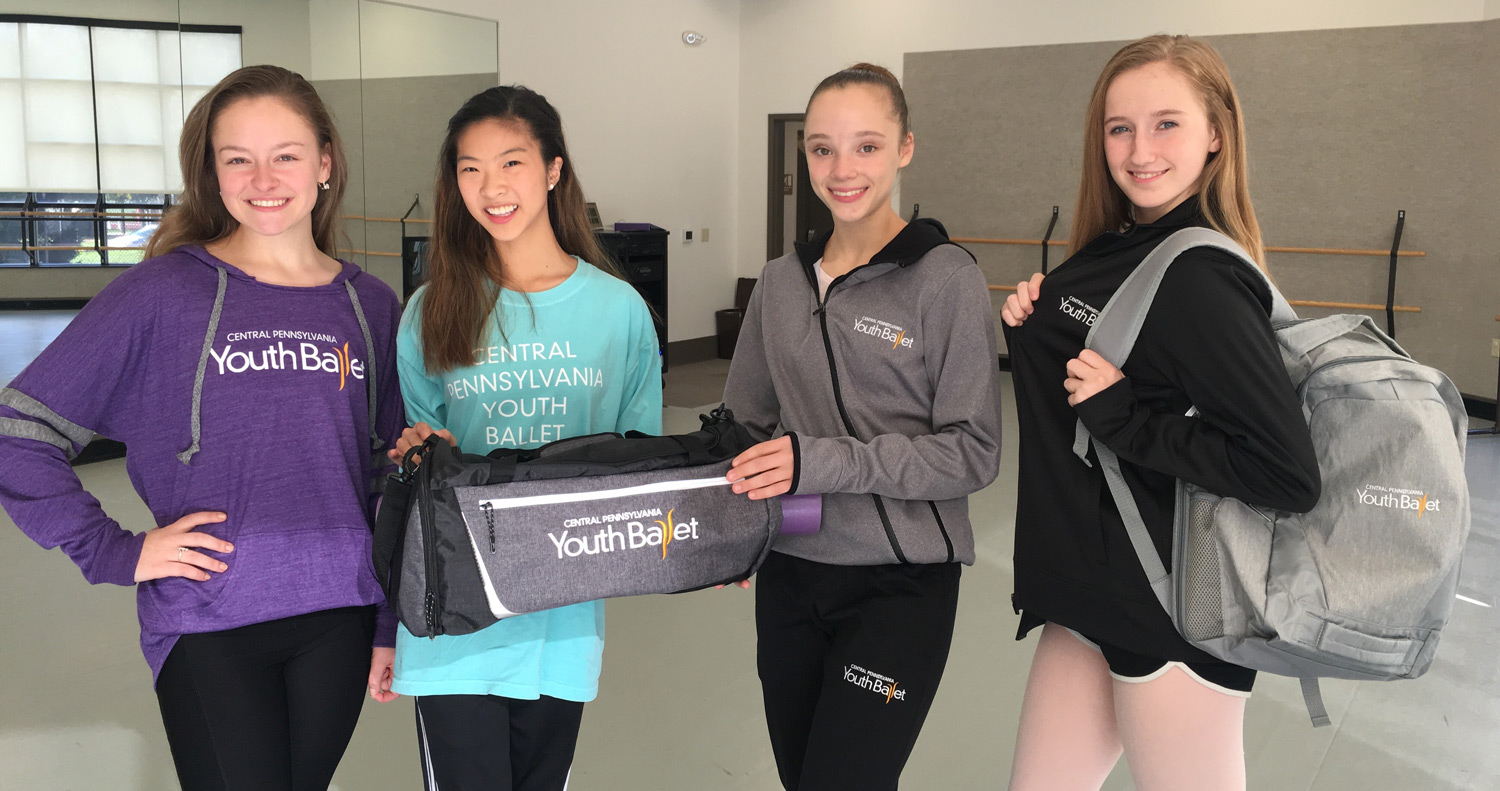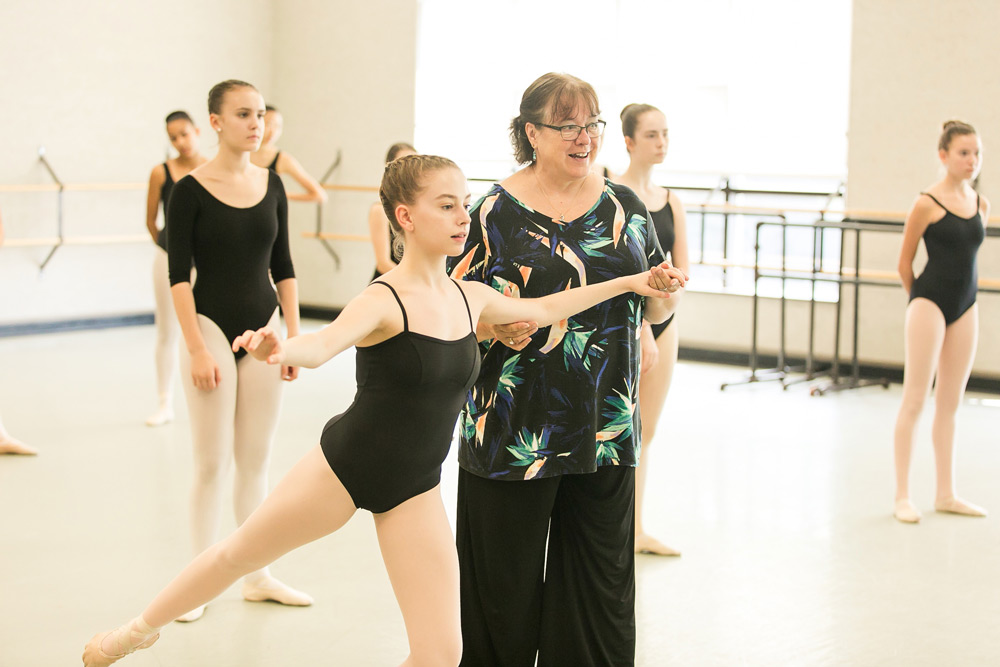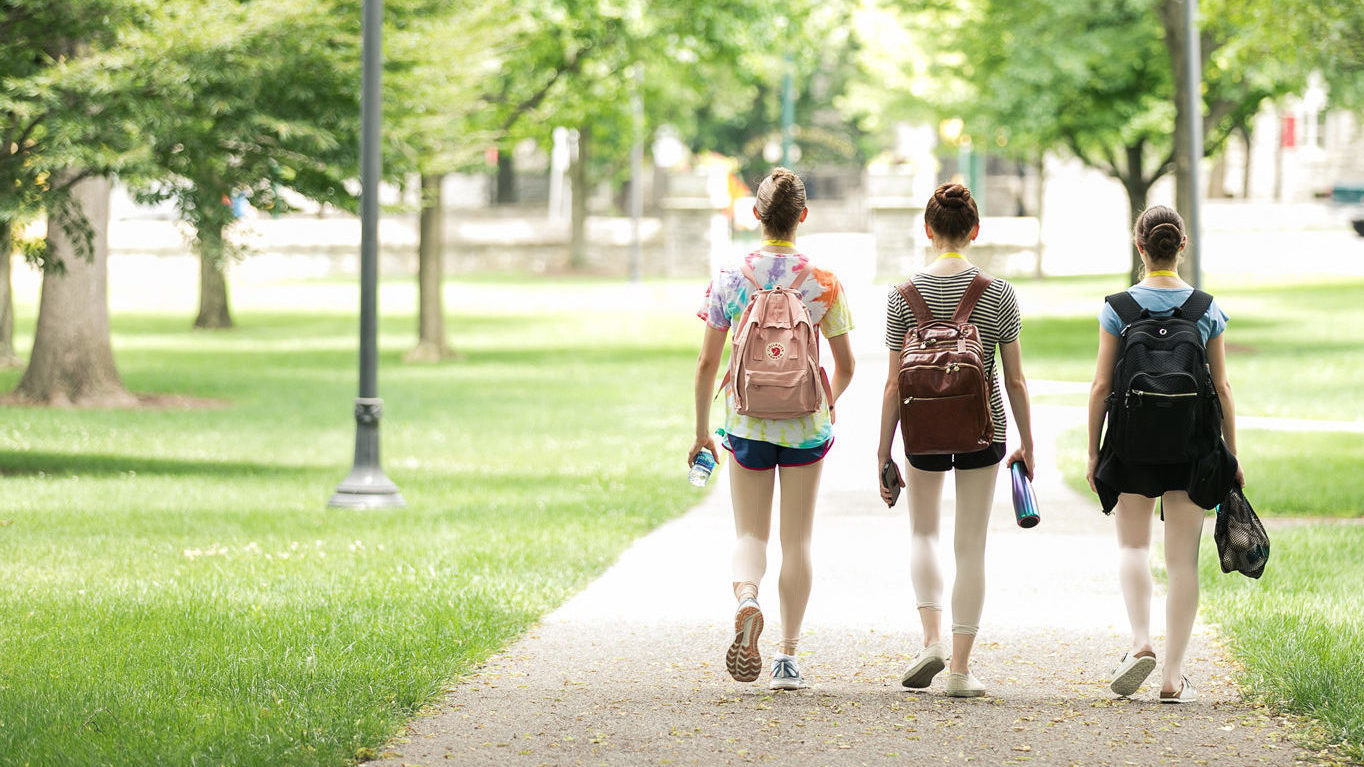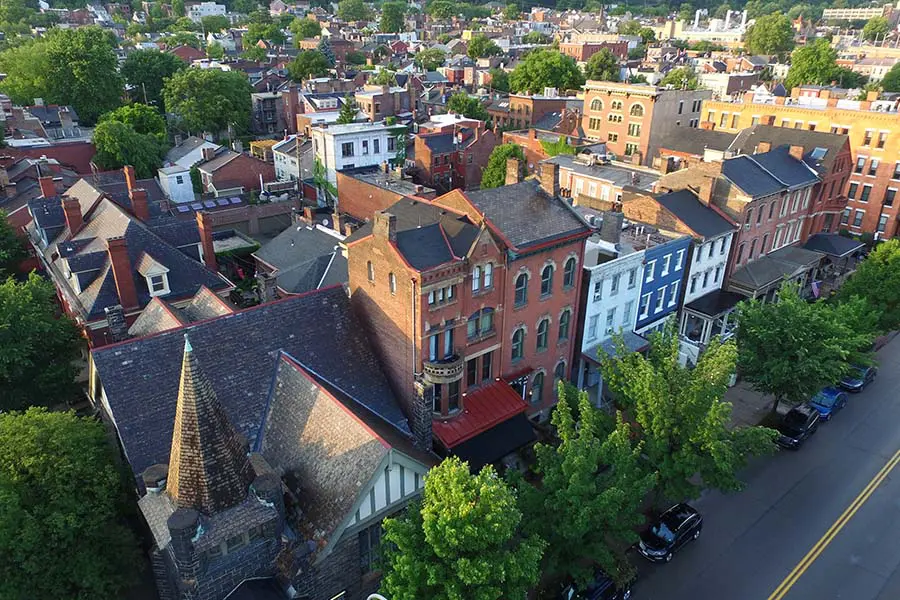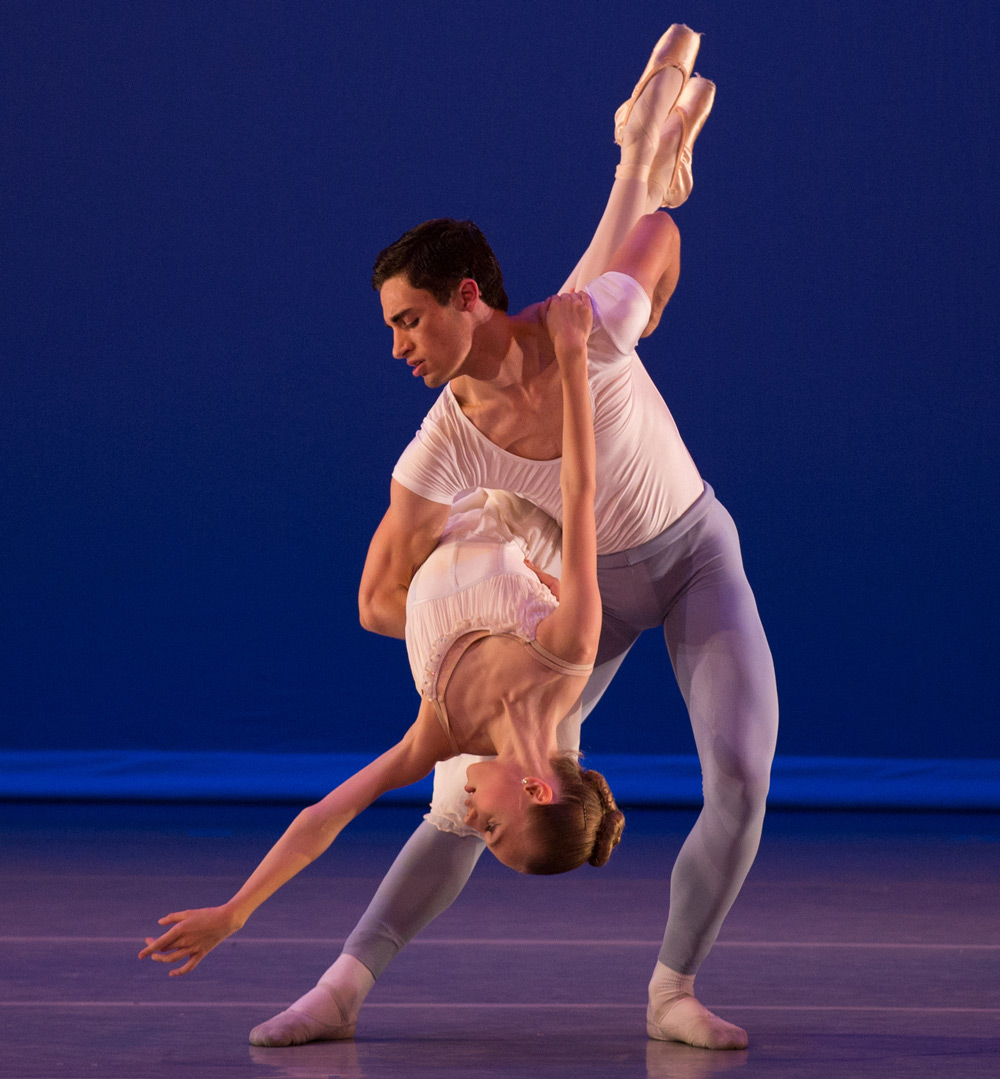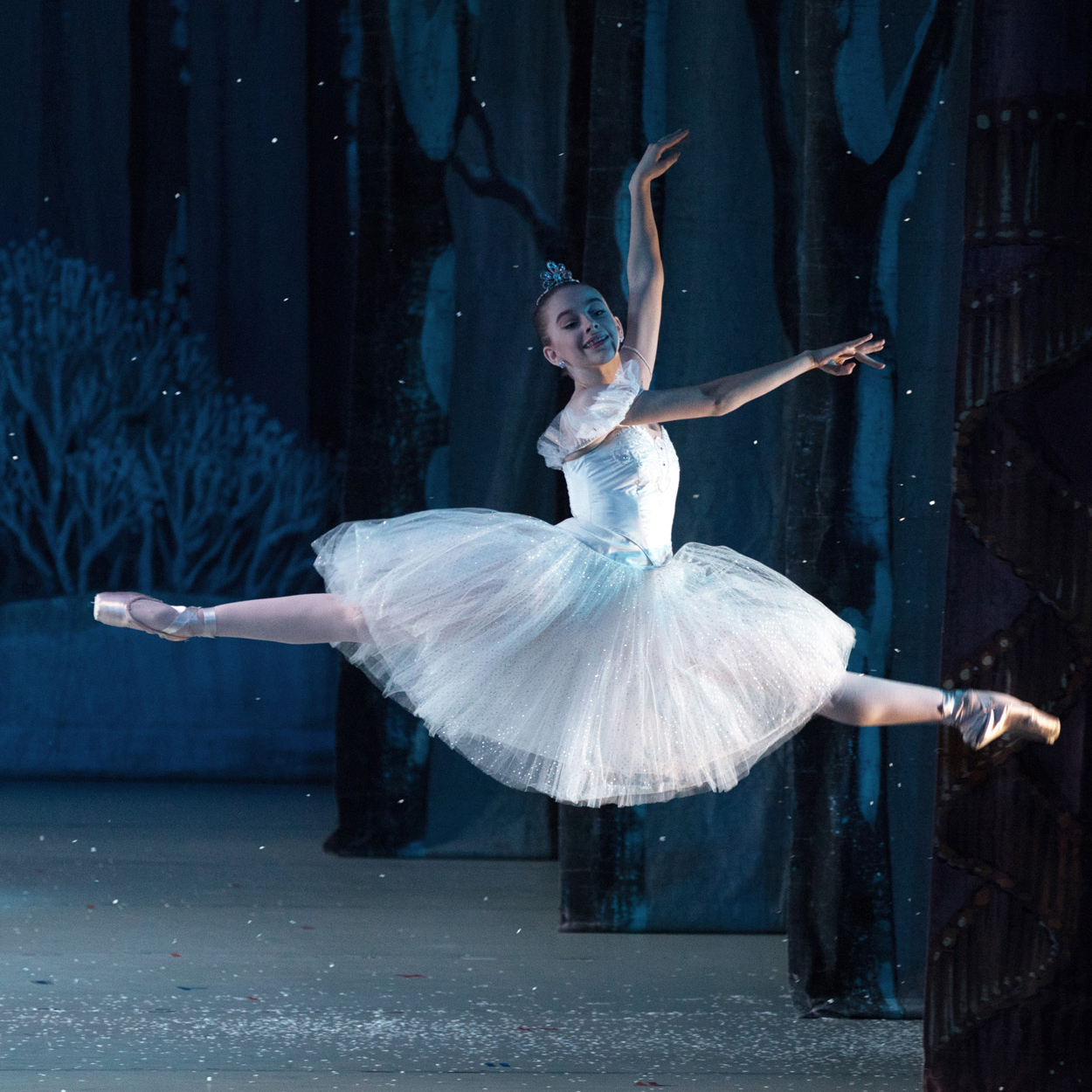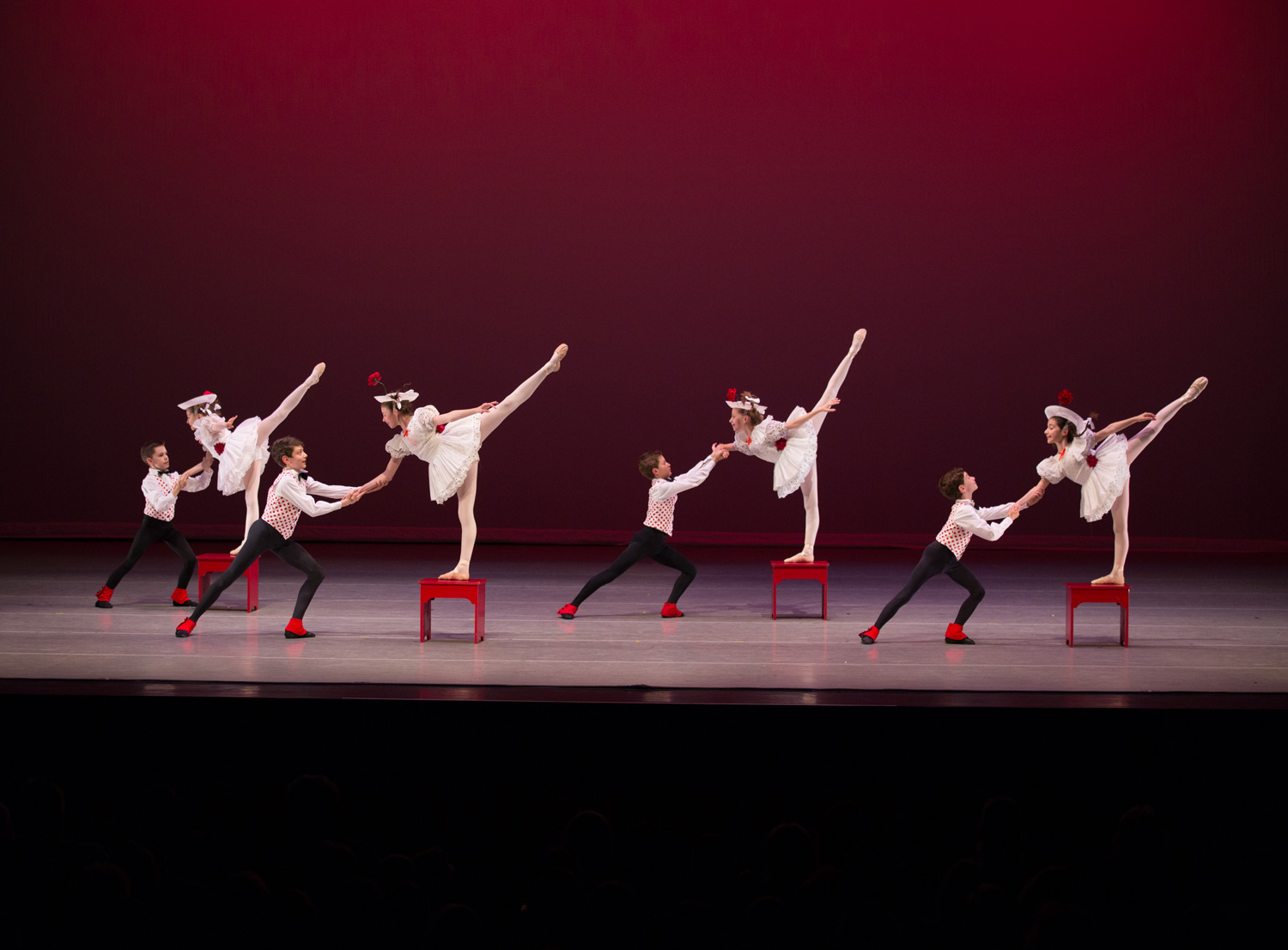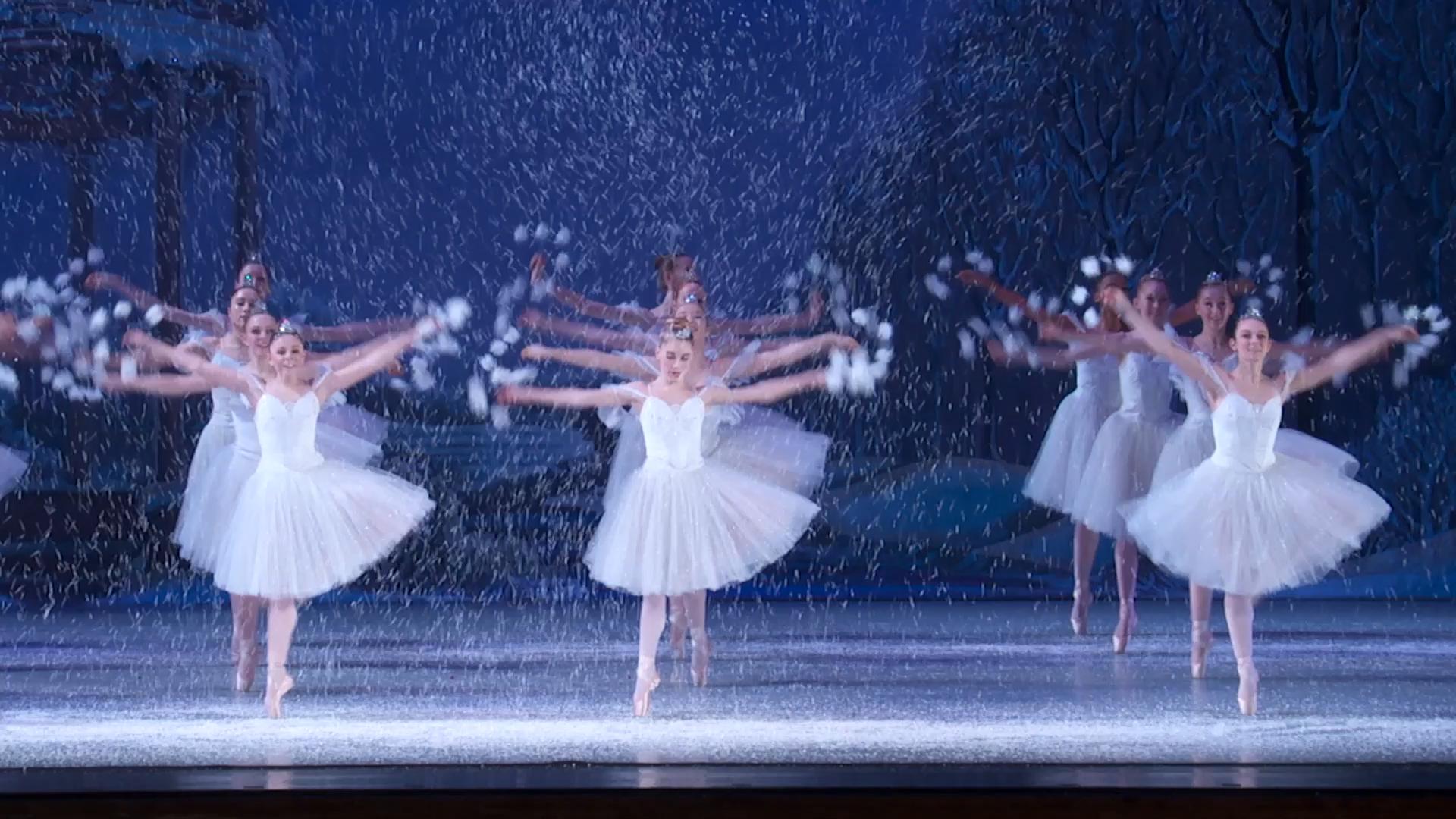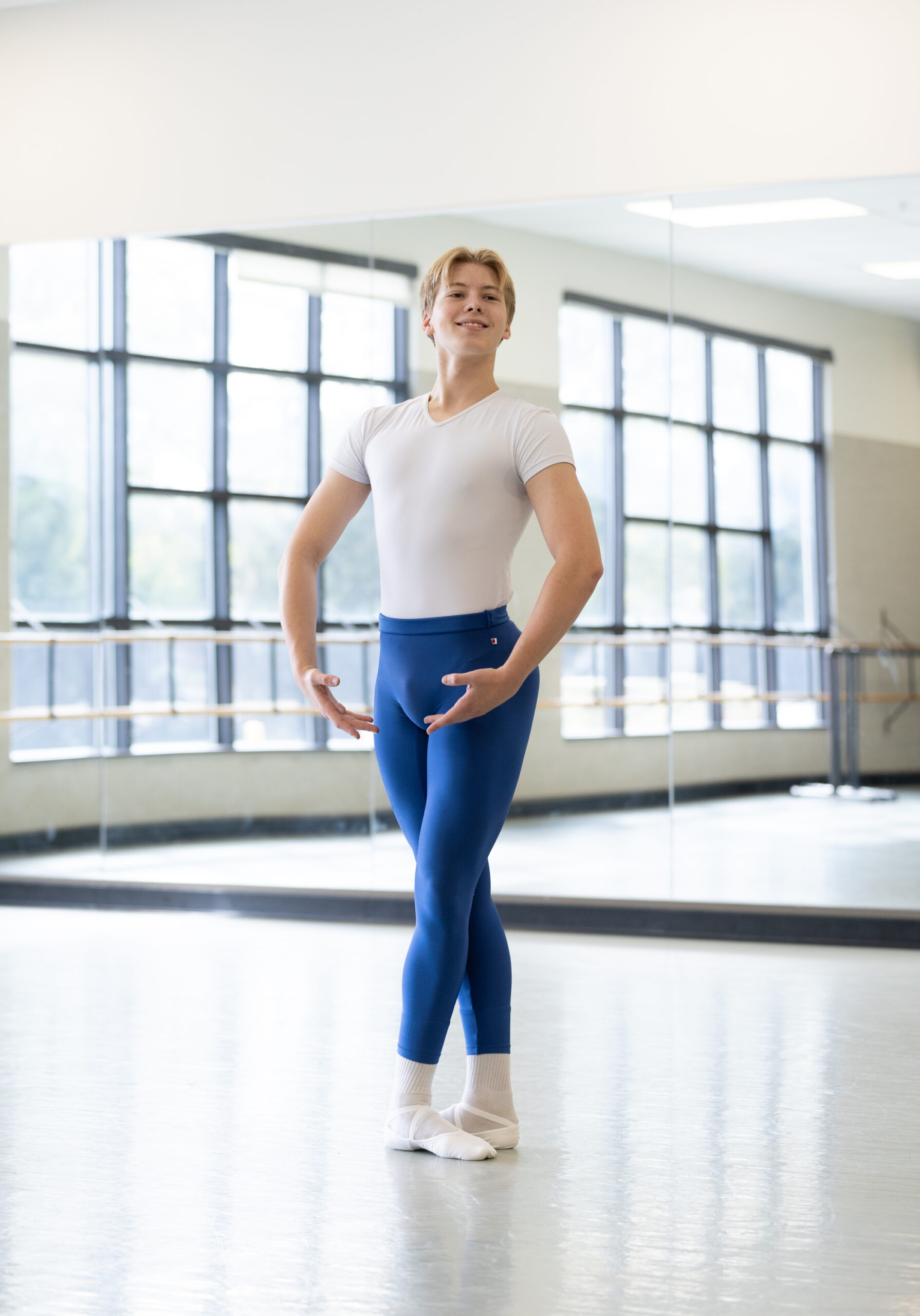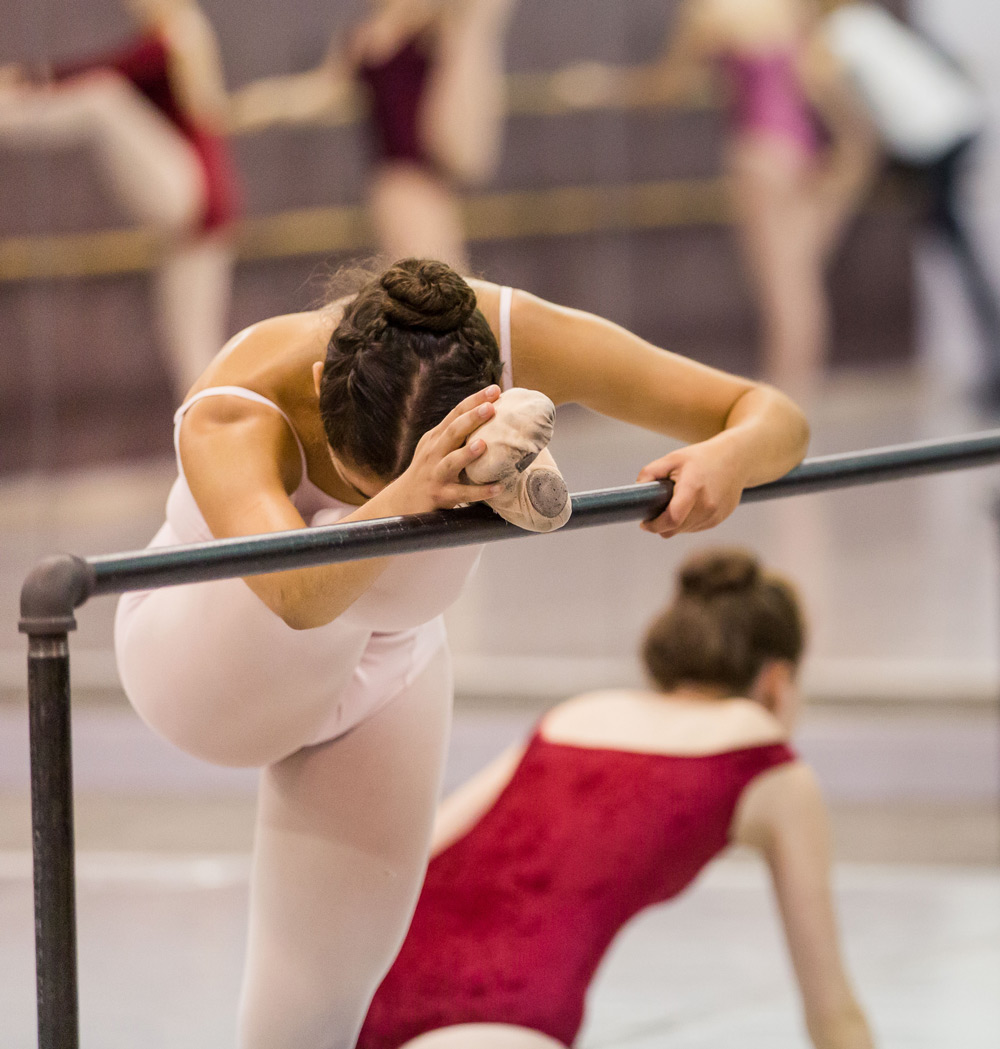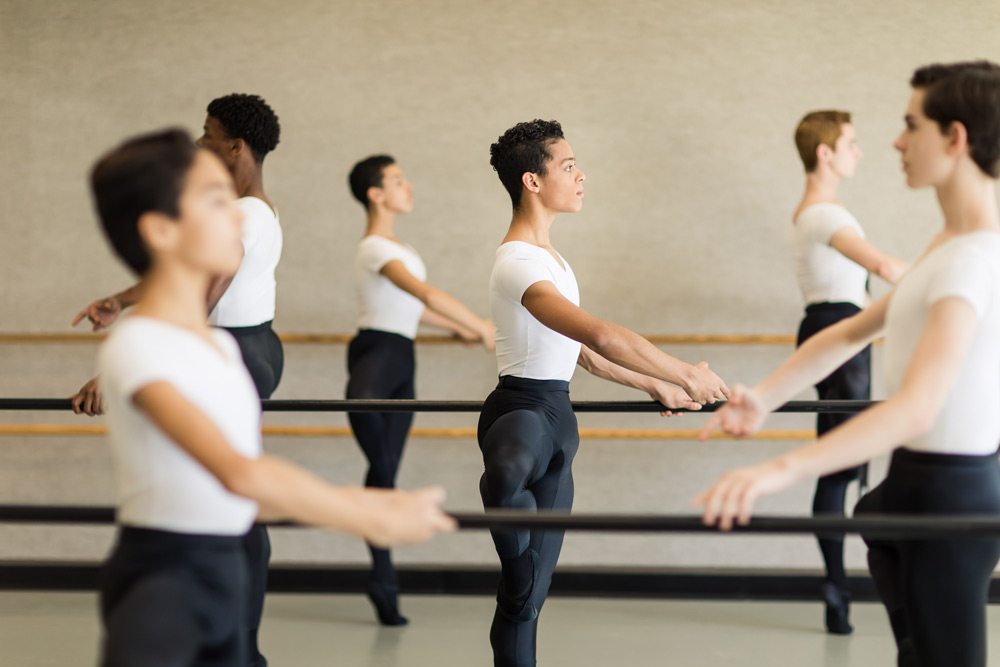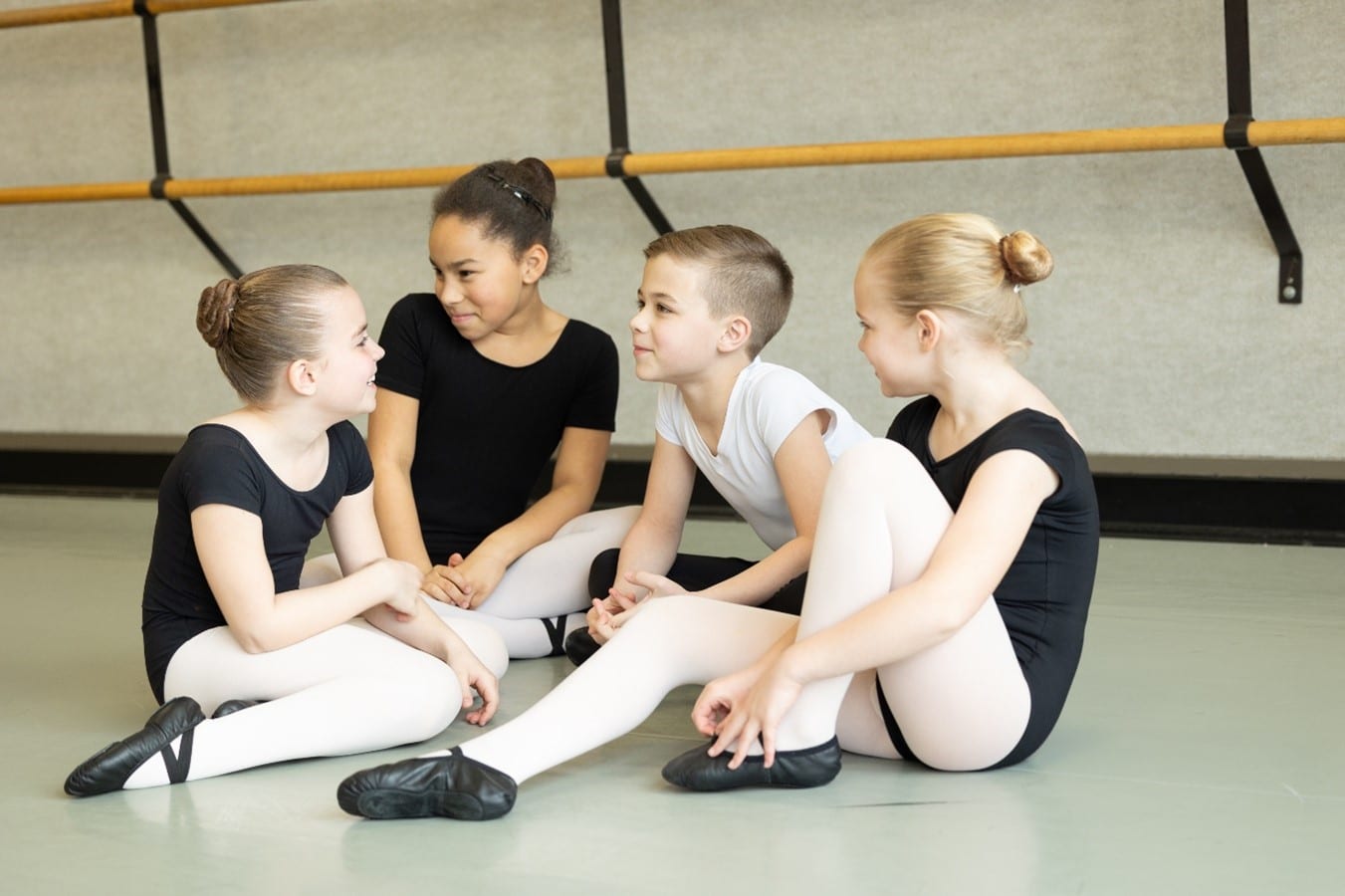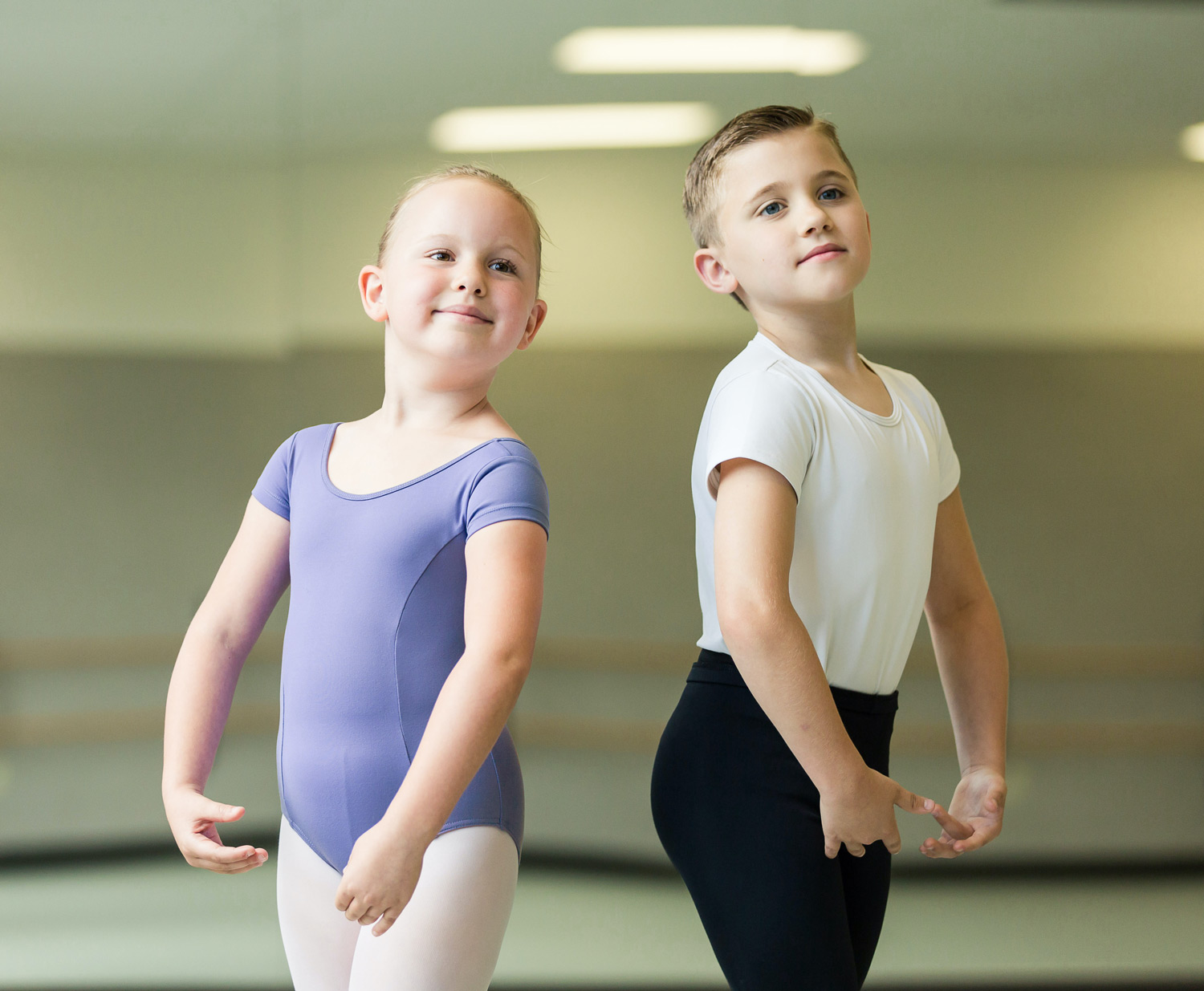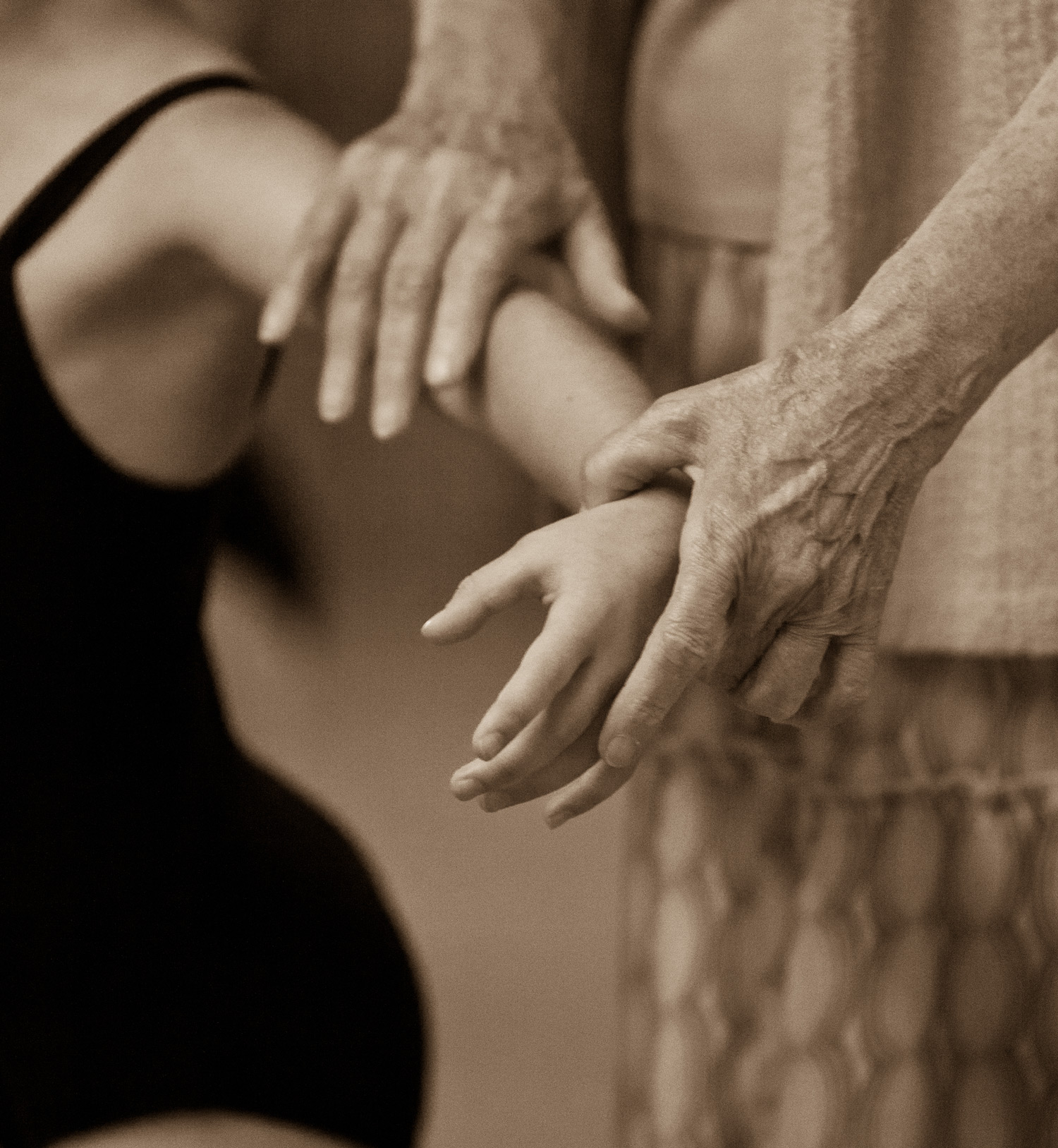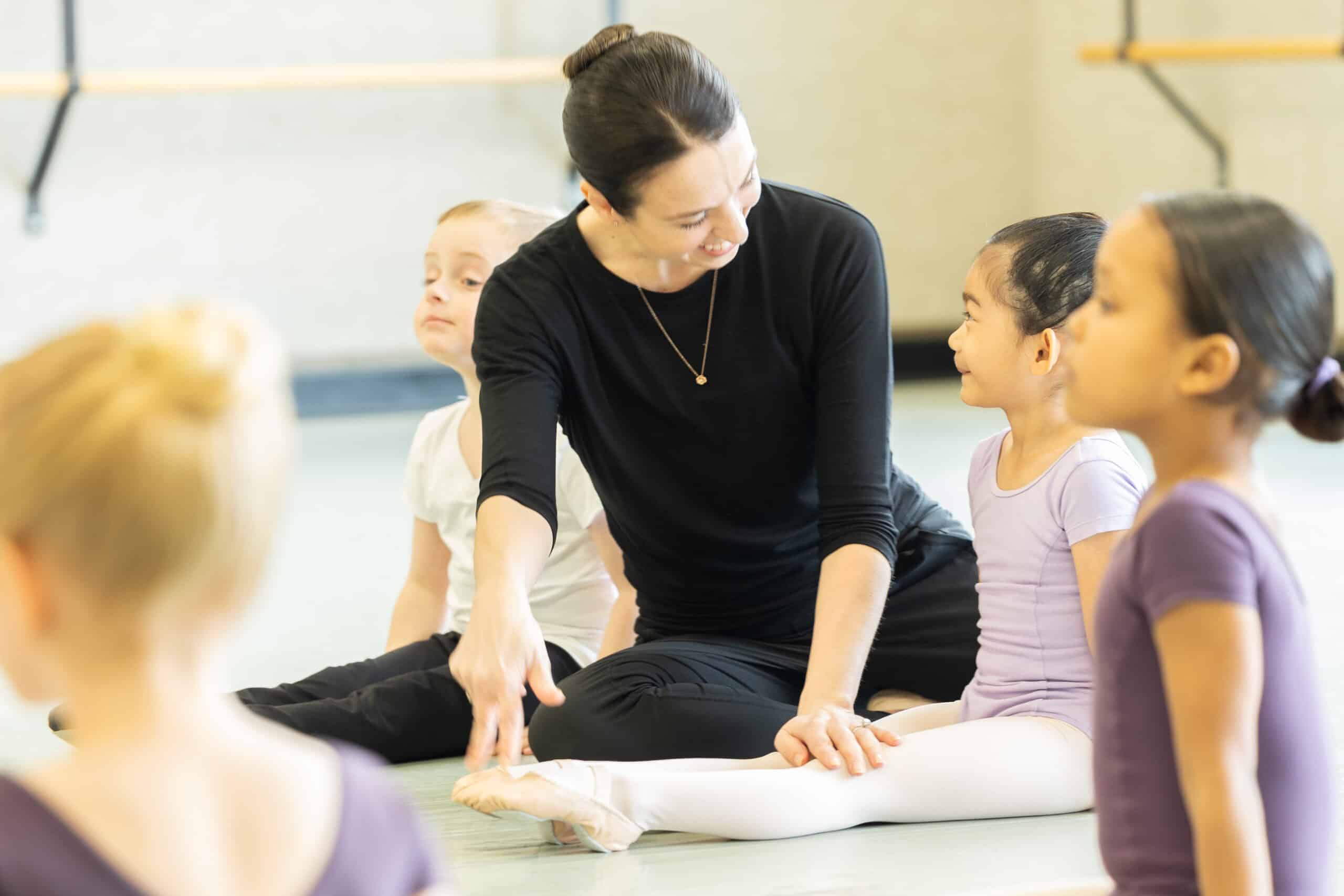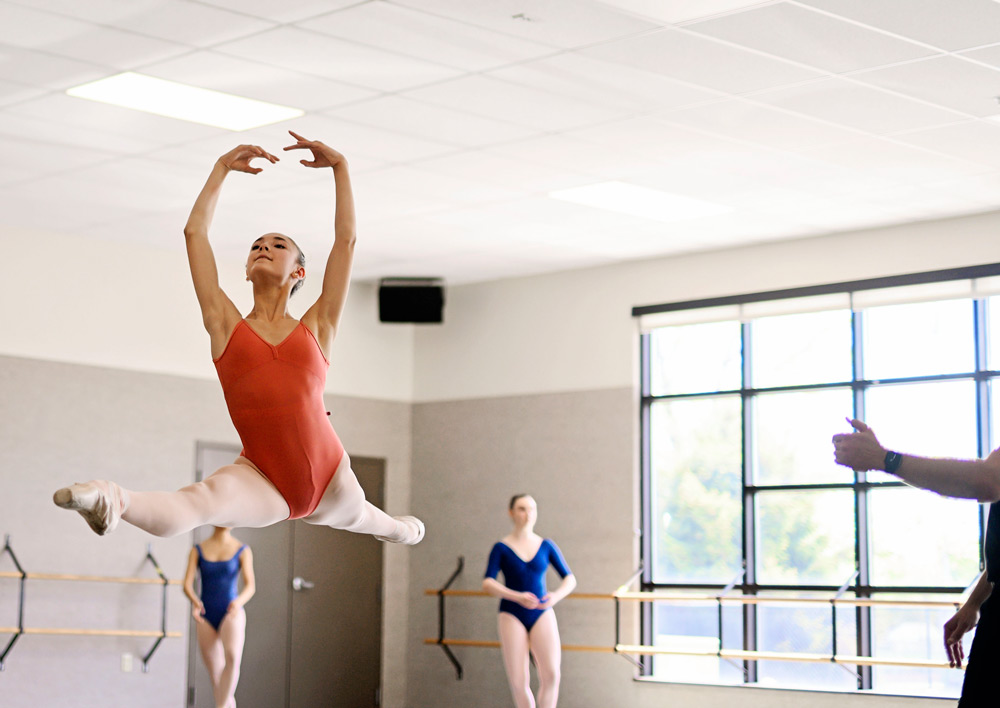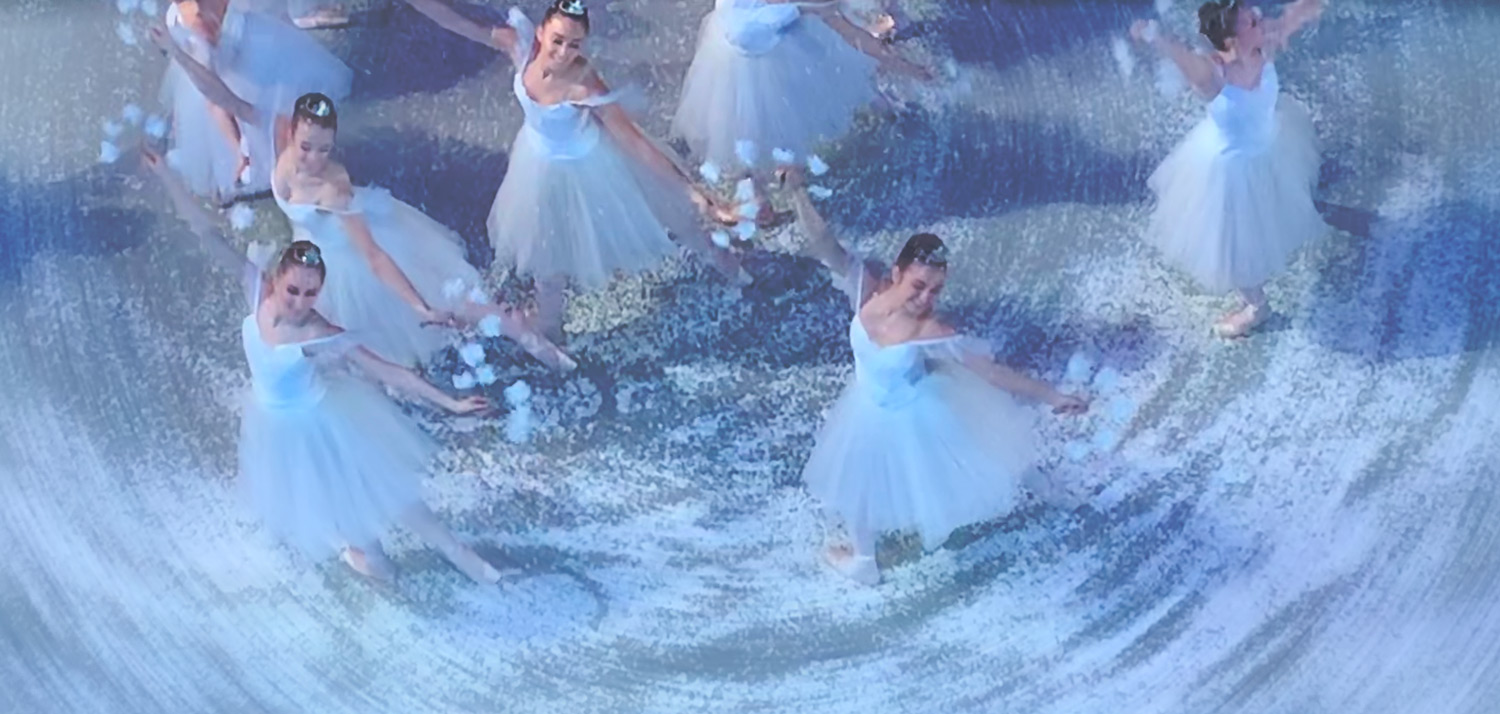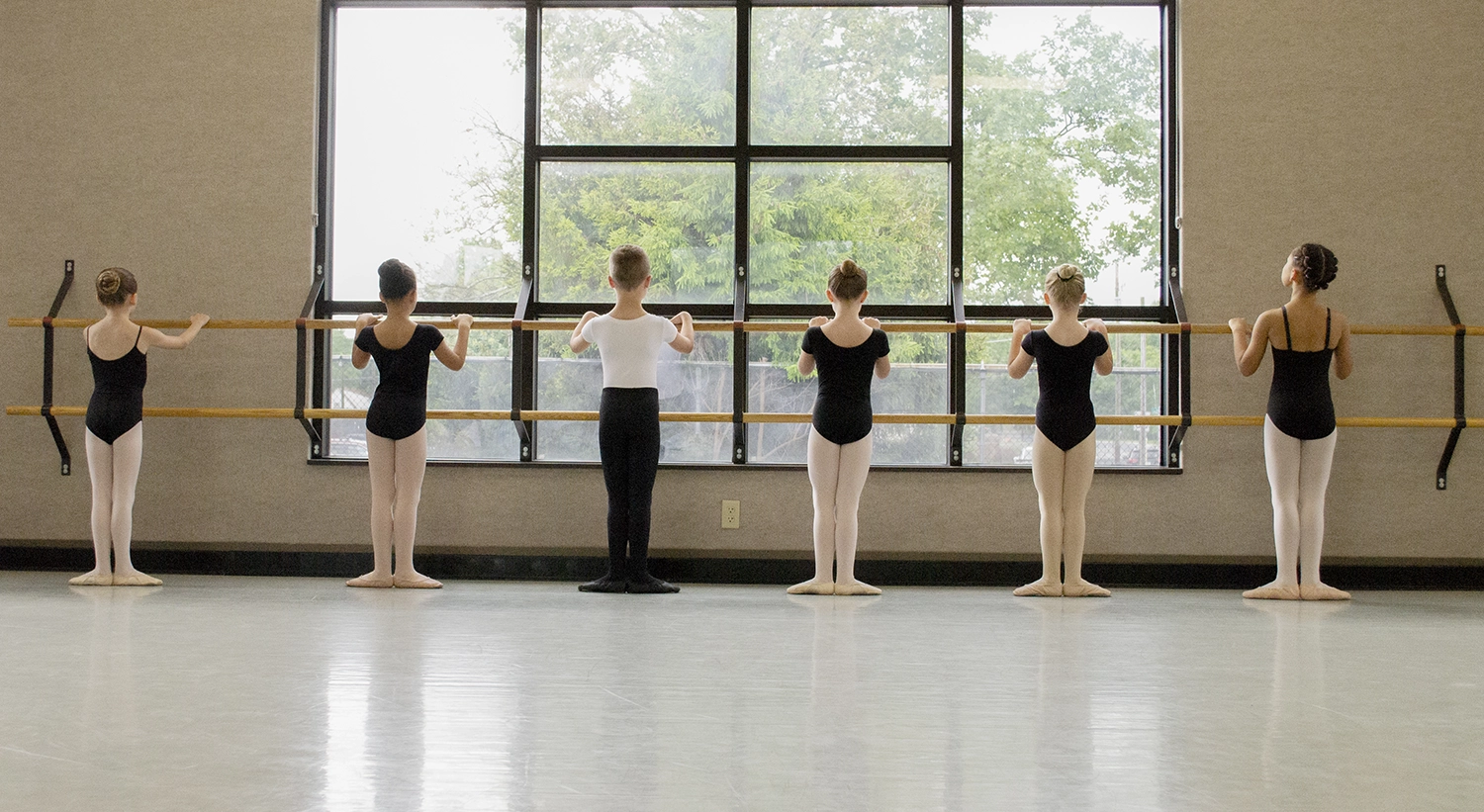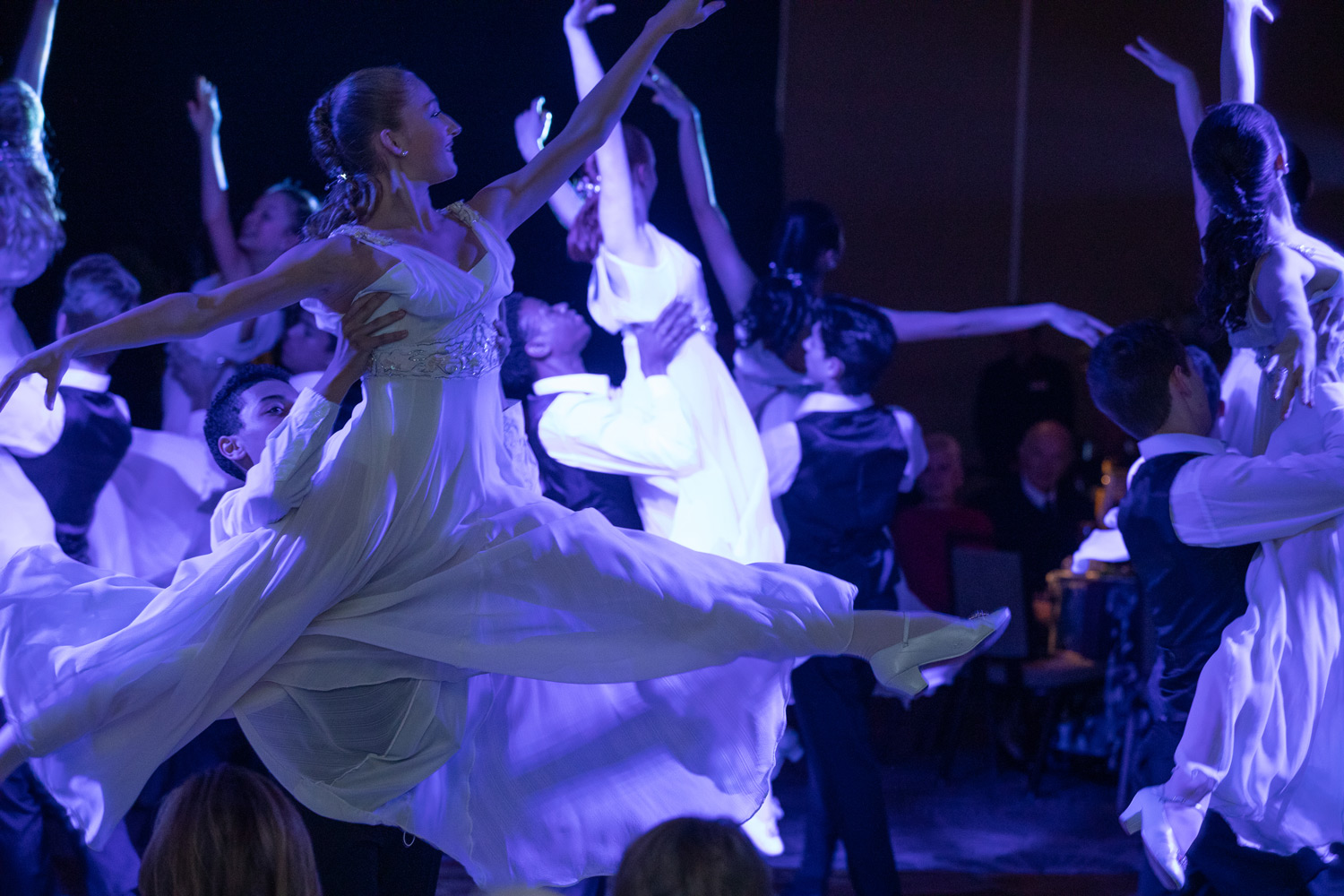As fun as it is to dance alone like no one is watching, there will come a point in your ballet journey when you have to perform in front of an audience. For some, the performance anxiety can feel almost crippling, experiencing symptoms such as nausea, lightheadedness, and an increased heart rate.
But, you’re not alone! Performance anxiety happens to a lot of ballerinas and is completely natural. That being said, it’s essential to find ways to cope with performance anxiety in ballet so that it doesn’t interfere with your routine or take away from the joy of doing what you love!
Ways to Cope with Performance Anxiety:
Avoid Having a Negative Mindset
A lot of the anxiety stems from focusing on the negative. While this may seem obvious, it is quite difficult to fight away the negative thoughts that come into your mind. It may take time to master this, but with practice and awareness, you can condition your mind to focus on the positives.
You can start by accepting what you’re feeling. Denying you have performance anxiety will only hinder your progress. By accepting it happens, you can start to move forward.
Next, try to focus on your “why.” Think about the reason you’re performing. This can help remind you why you love to dance in the first place. By thinking about the positives, you can fight away the negative thoughts and get into the right mindset.
Have Some Quiet Time Before a Performance
Performance anxiety is often at its worst just before the performance. So, it’s important to set aside some quiet time to prepare your mind. One easy way to do this is to stretch. Stretching is often quite meditative for some. It allows you to focus on your body and your breathing, keeping you in a calm state of mind. Stretching also helps relax your muscles that can become tense due to performance anxiety.
Do Breathing Exercises
In severe cases, performance anxiety can make a person lightheaded and have difficulty breathing. So, it’s crucial to do breathing exercises to control your breath and slow down your heart rate. You can do this alongside your stretching if you’d like or any time you feel an episode coming up.
Breathing can often become rapid when anxious, so it’s best to counter this with some slow, deep breaths. Slowly inhale and hold your breath for at least five seconds. Then release the breath in a slow exhale. Just focus on your breathing, and you will eventually start to calm down.
Don’t Let Anxiety Affect Your Ballet Training
It’s vital to know how to cope with performance anxiety to lessen the anxiety episodes you experience. Consider conditioning your mind to avoid negative thoughts and instead focus on the positives. It’s also a good idea to have some quiet time where you can stretch and focus on your breathing.
Enjoy the art of ballet with Central Pennsylvania Youth Ballet. We are known throughout the world for providing the finest in classical ballet training. Our exceptional faculty, individual attention, and nurturing environment train not just the dancer, but the whole person. Get in touch with us today!
